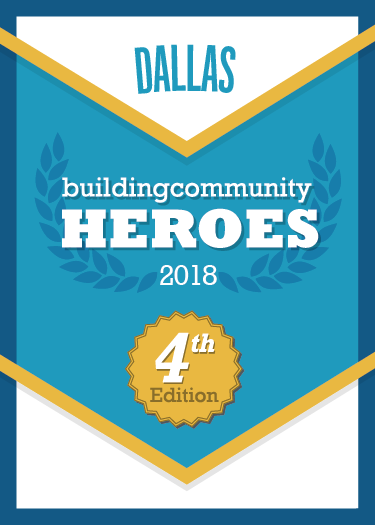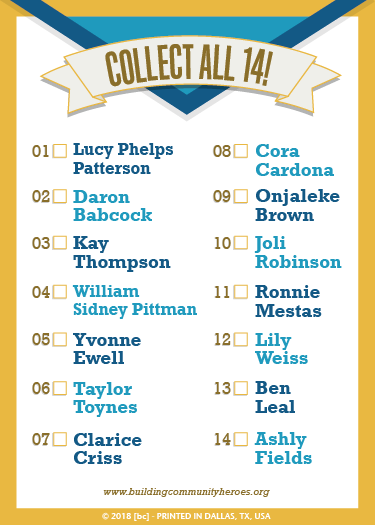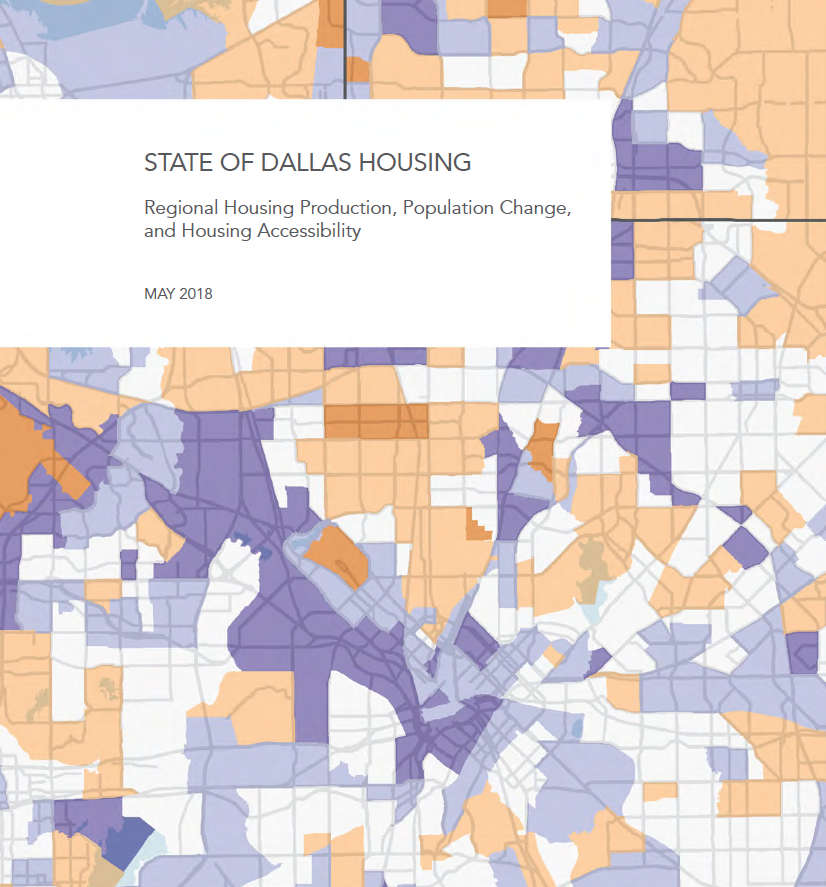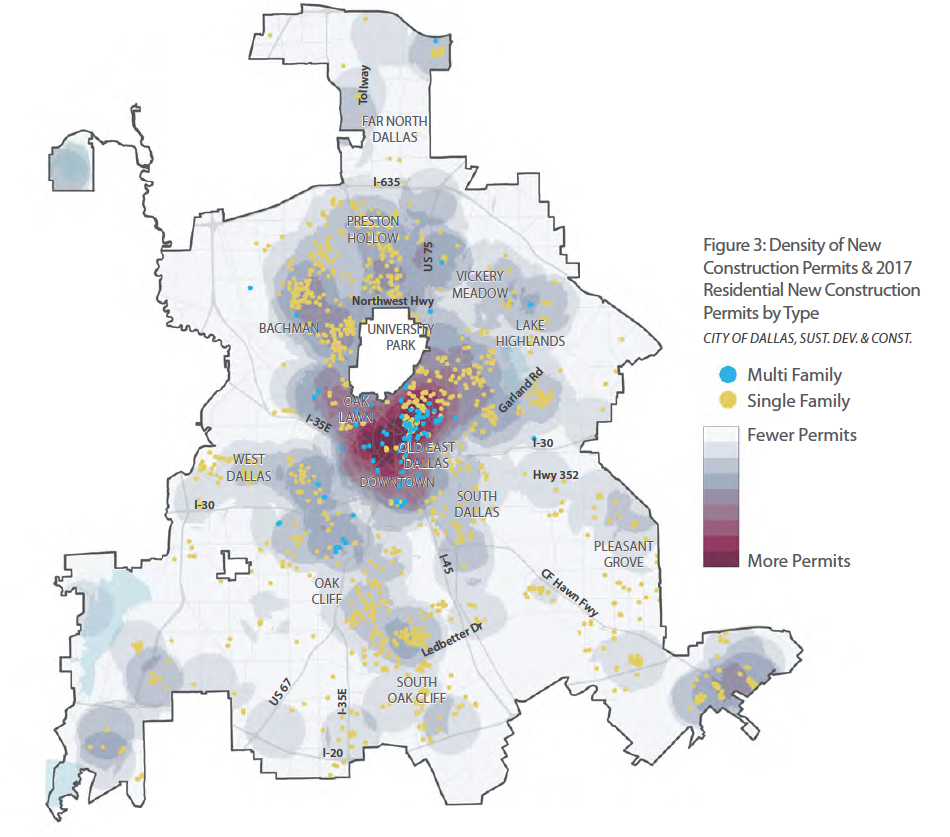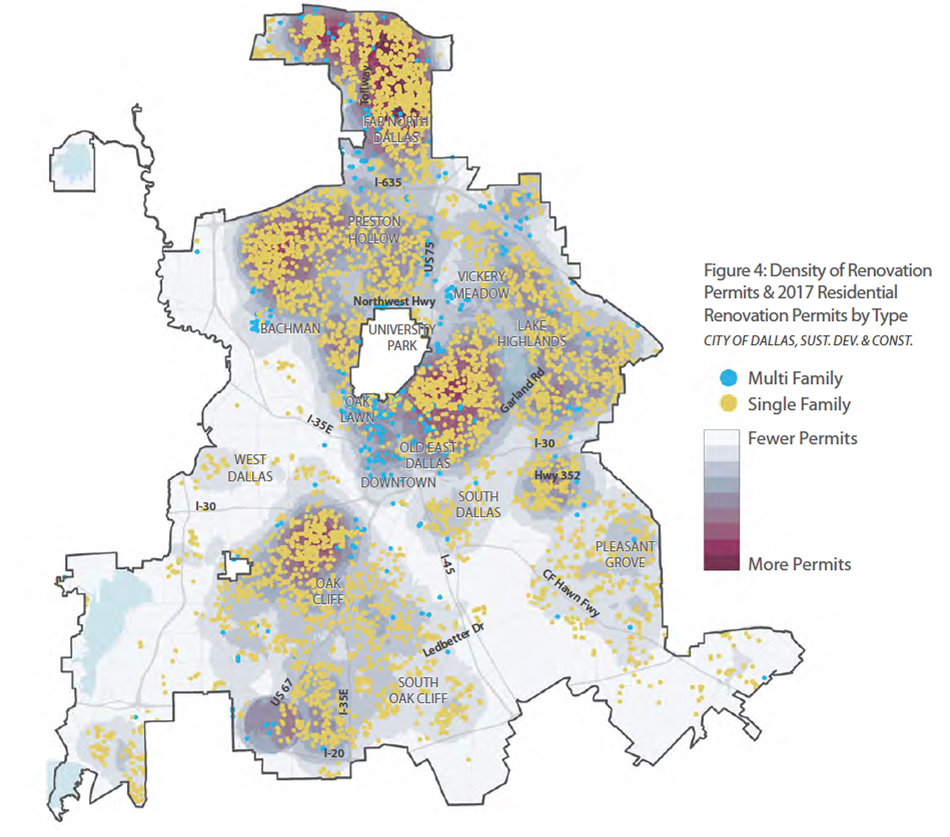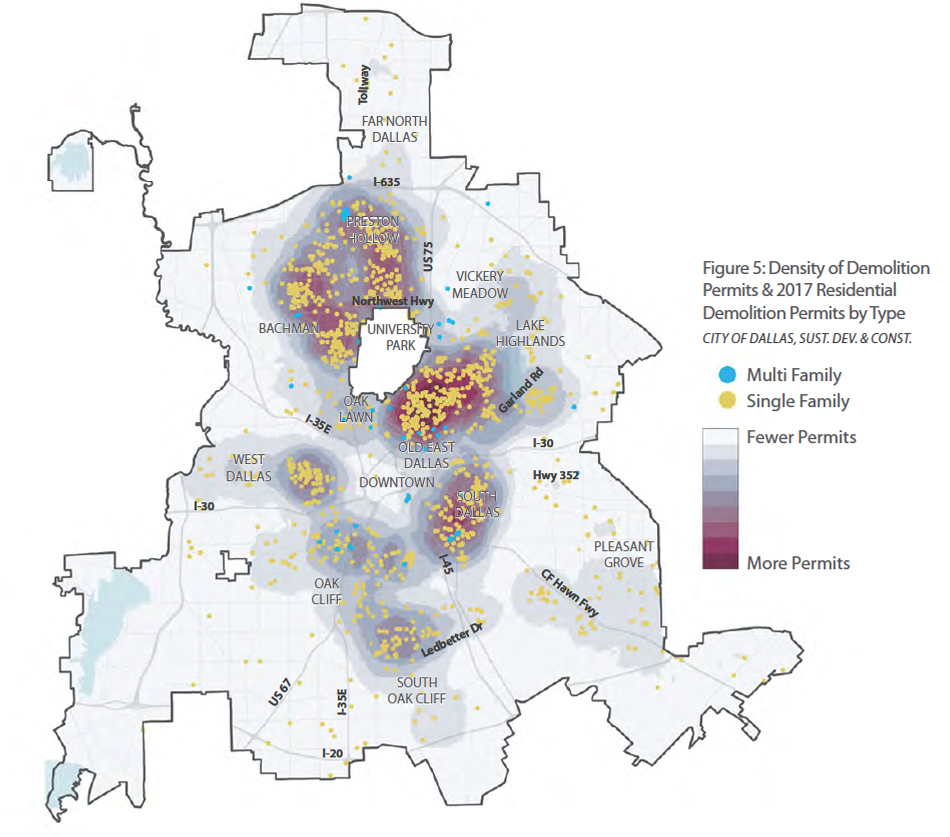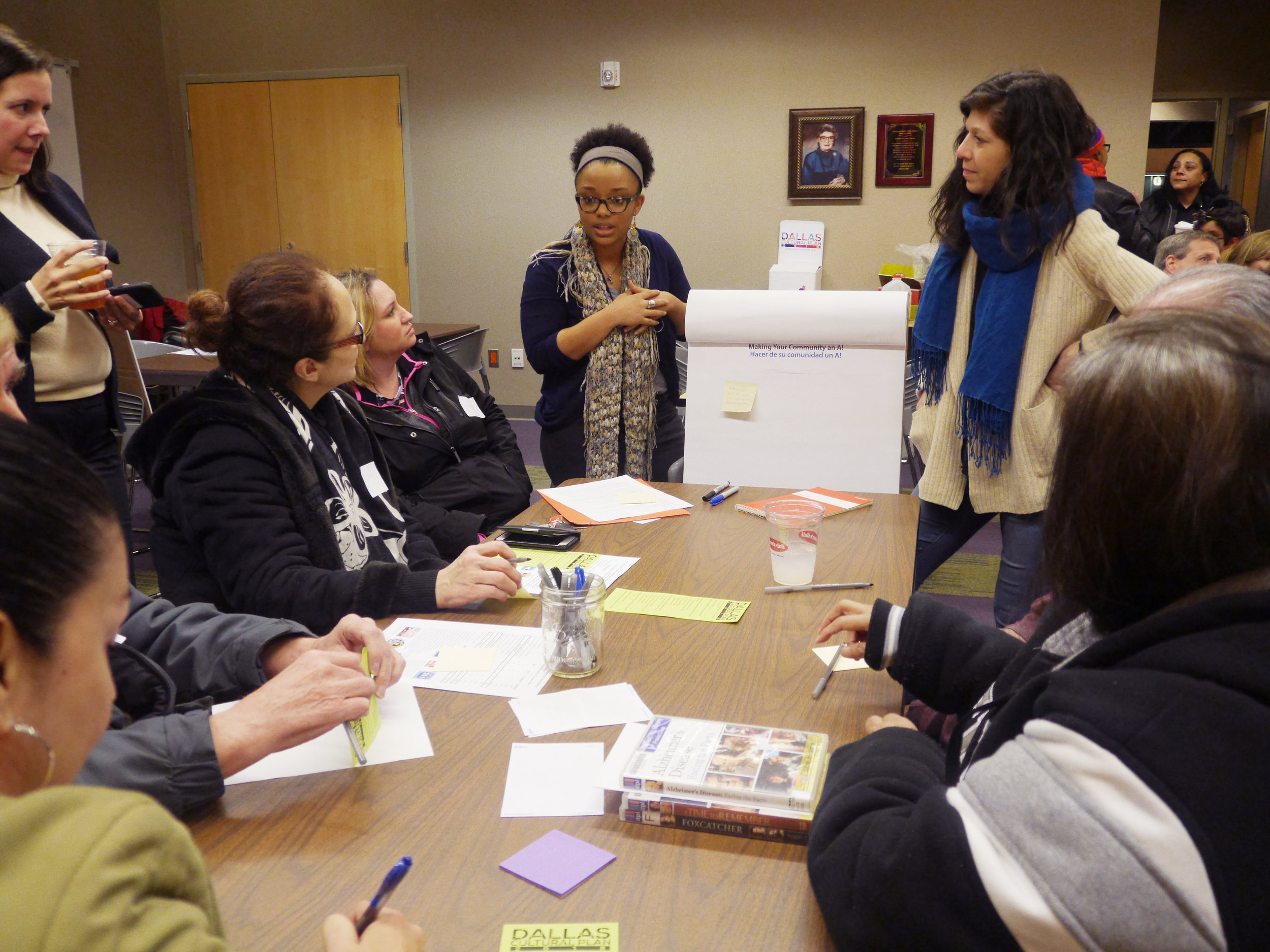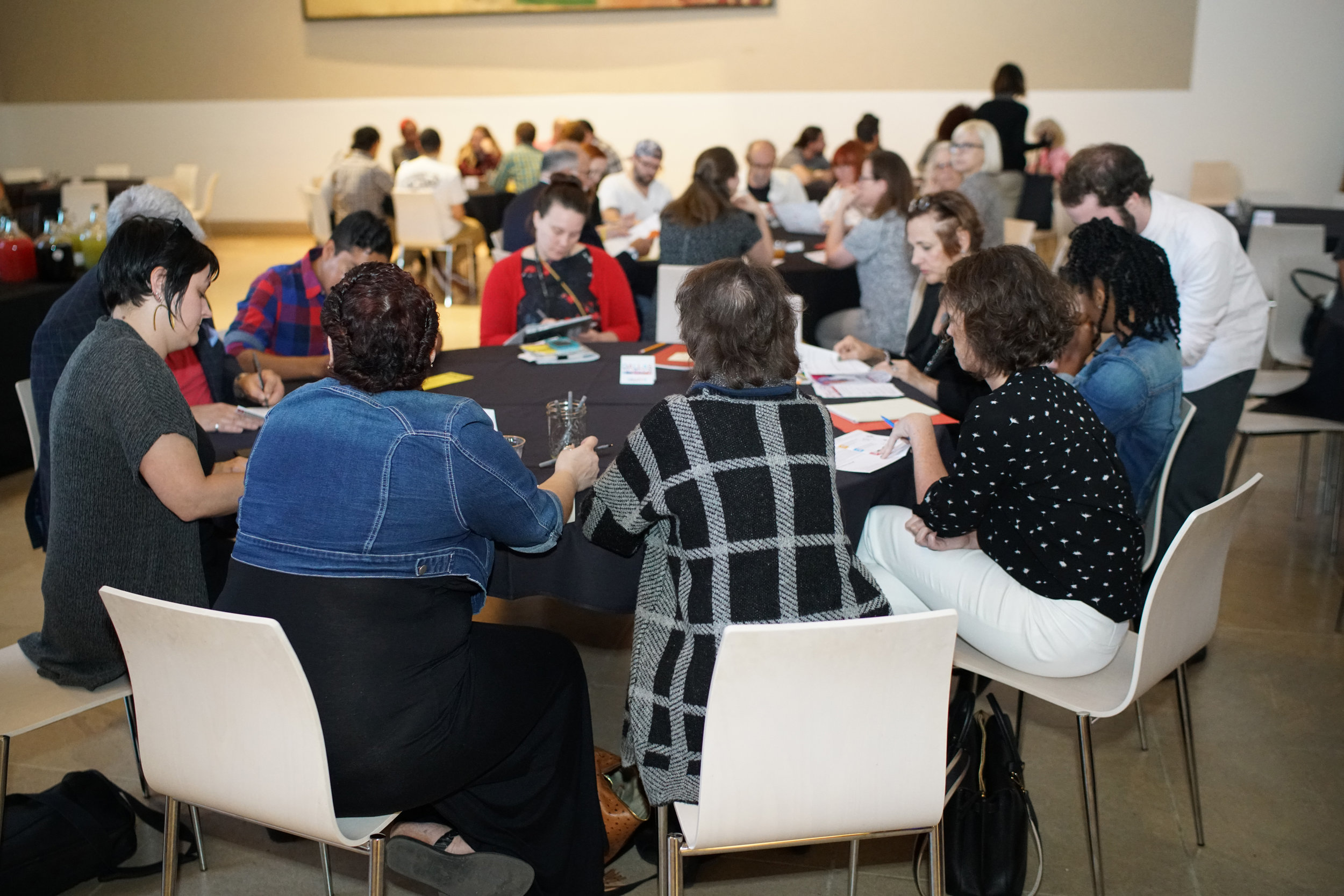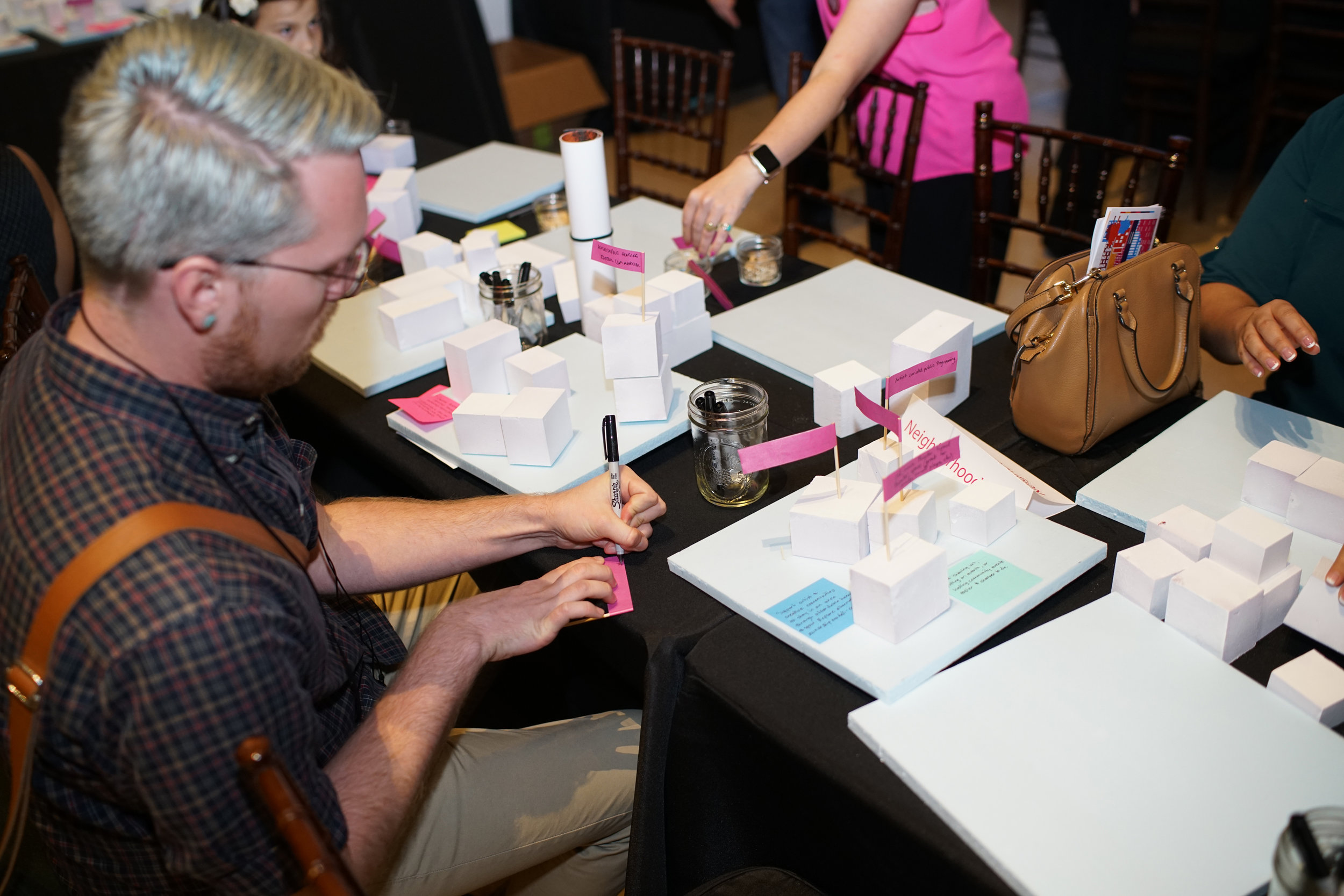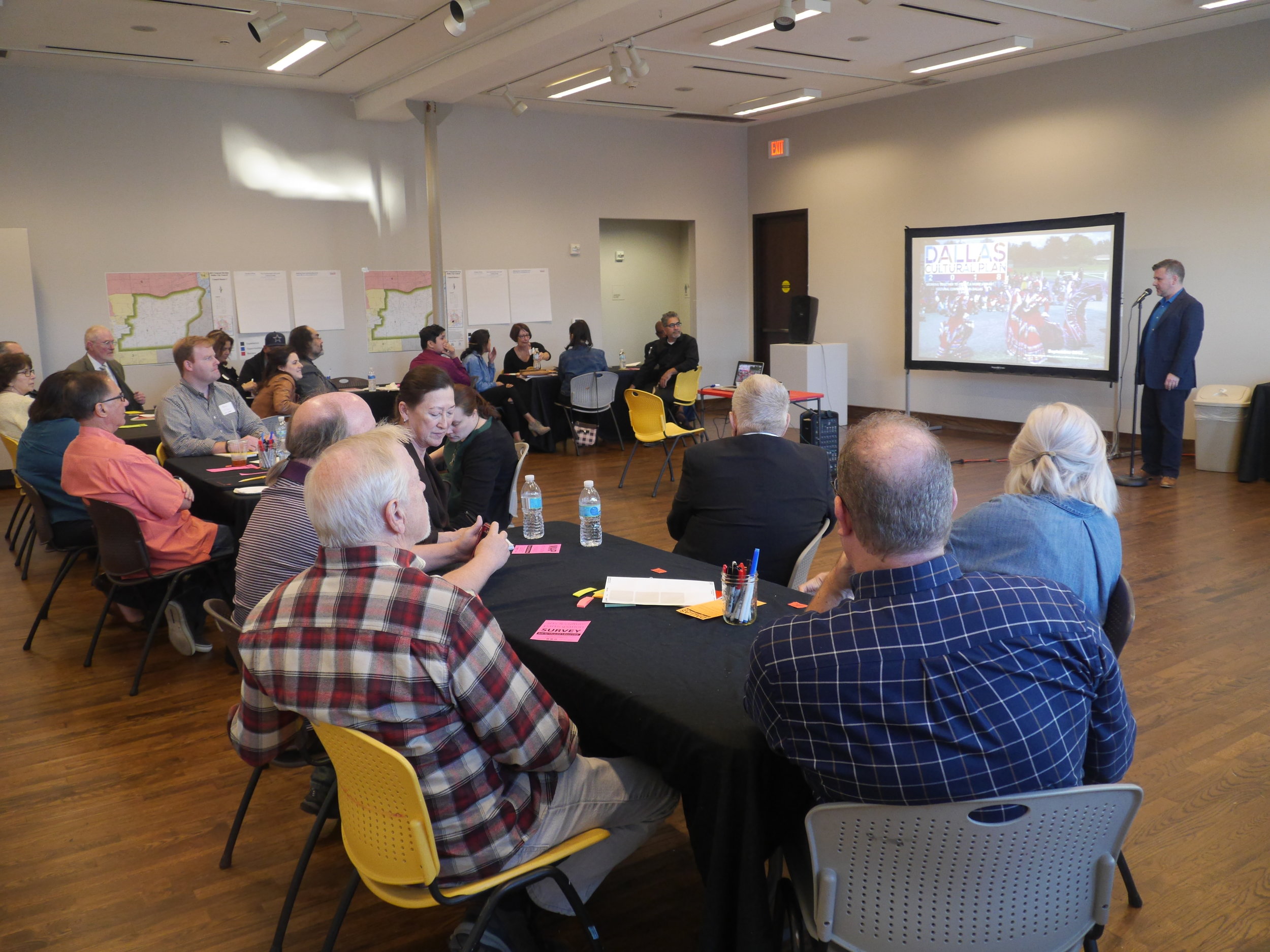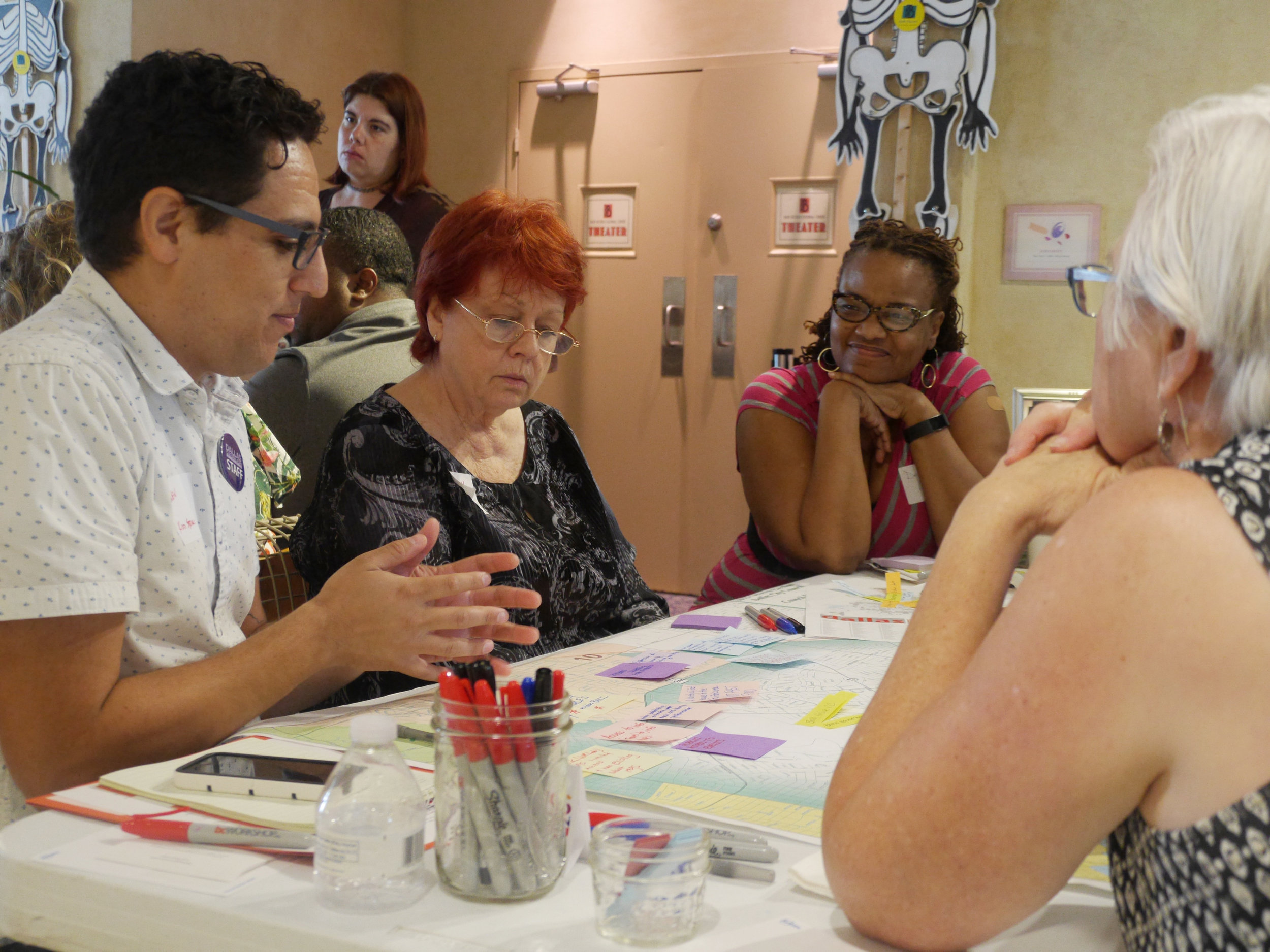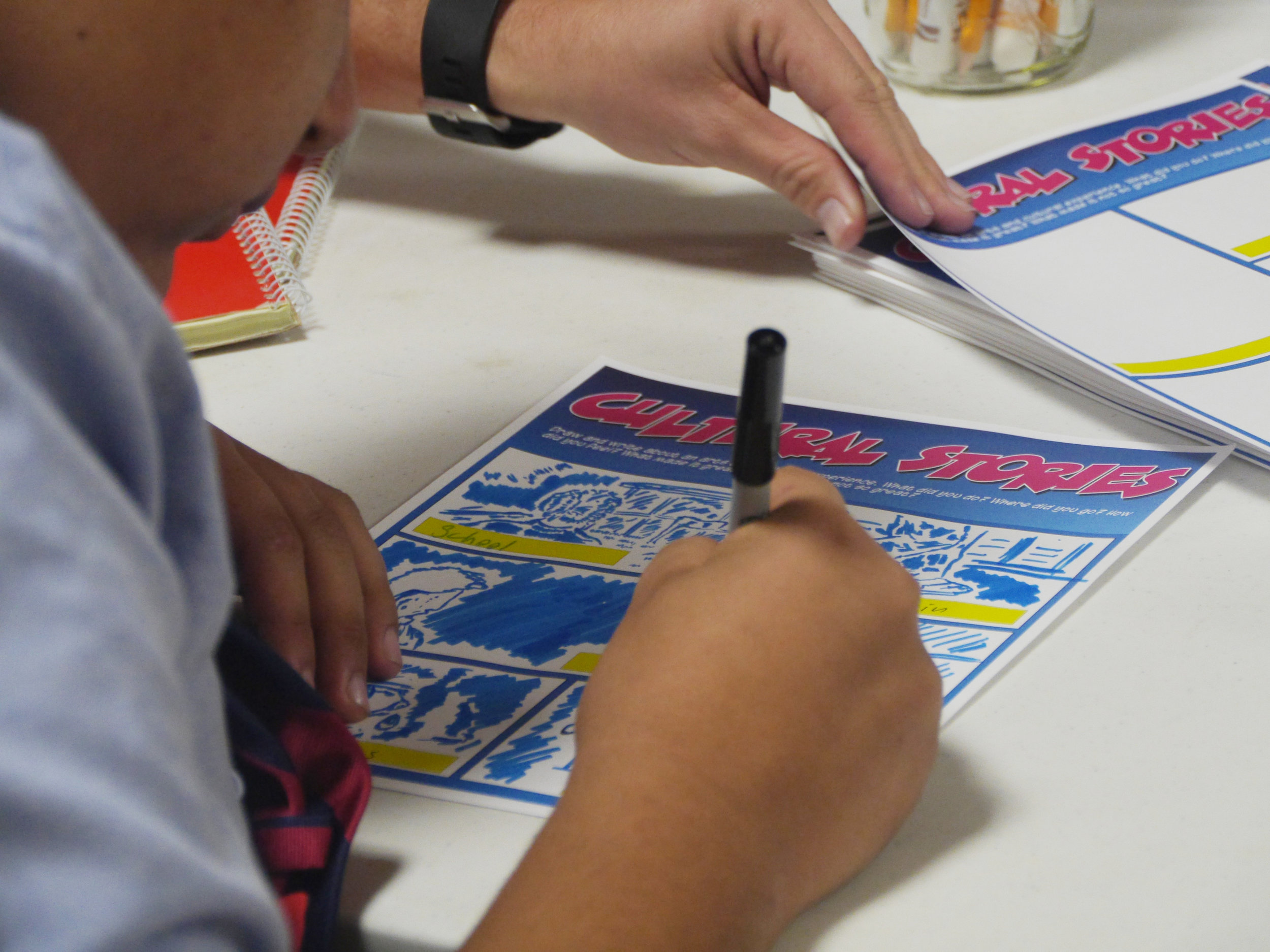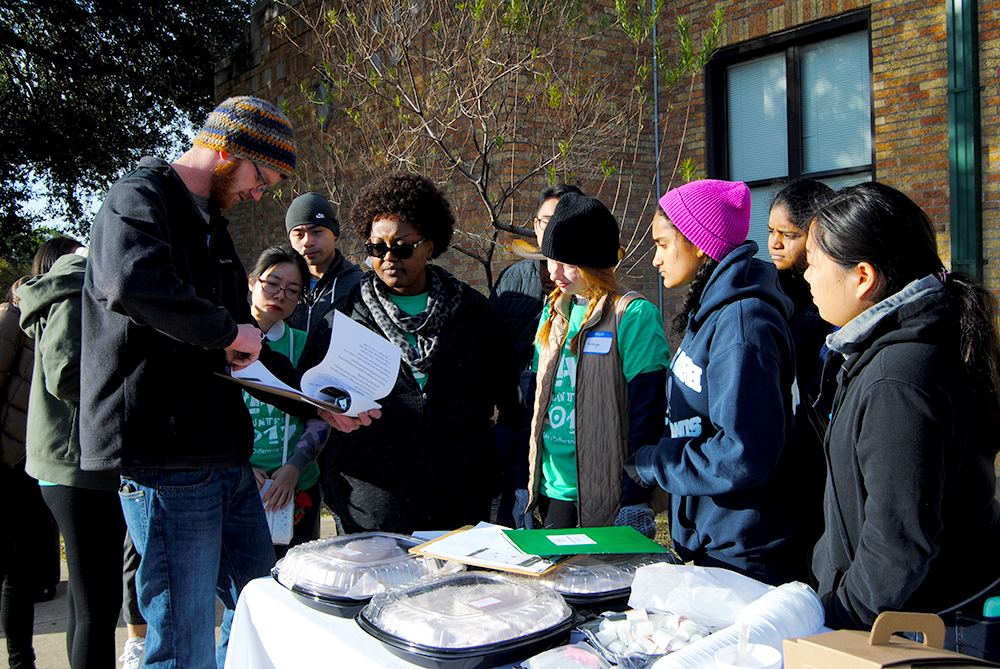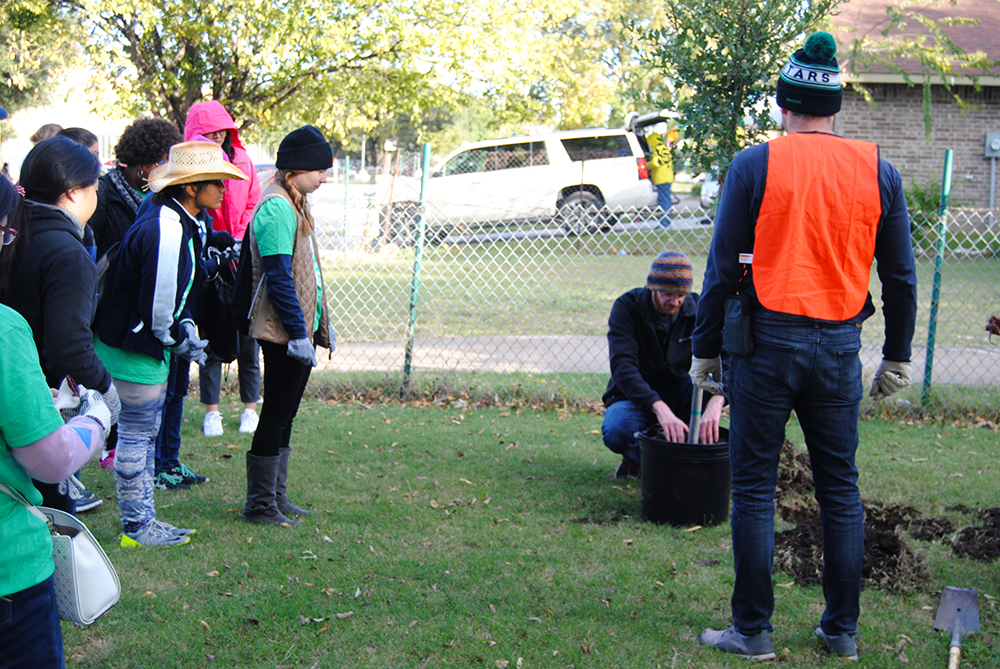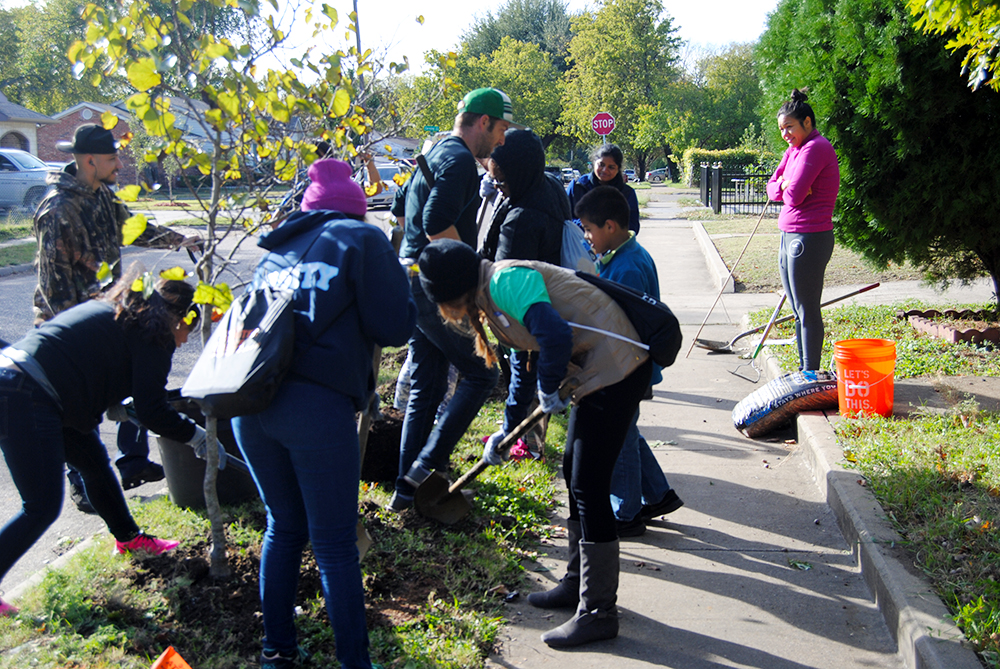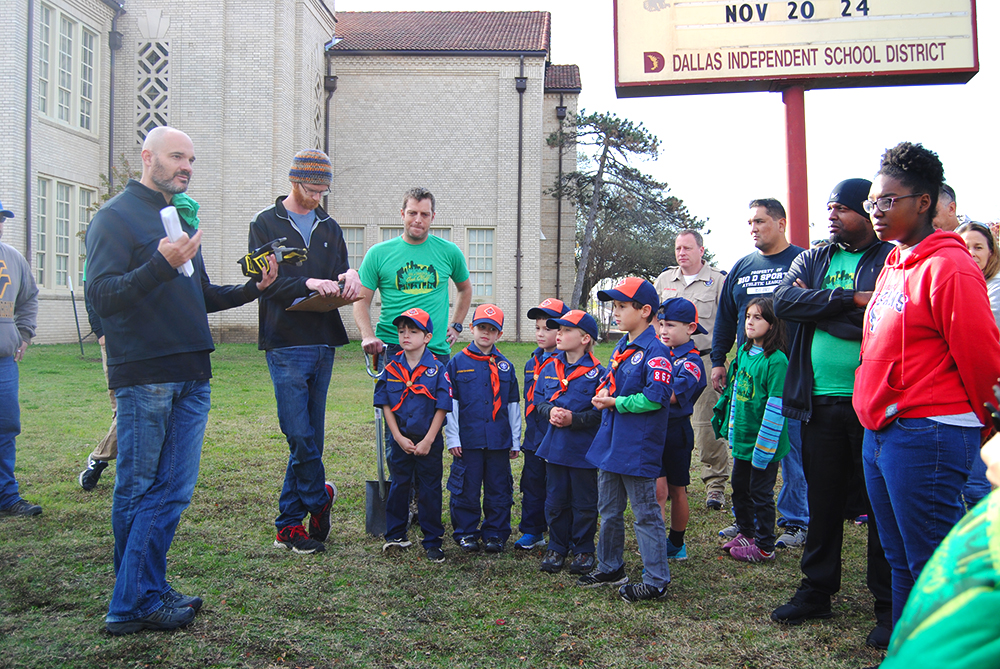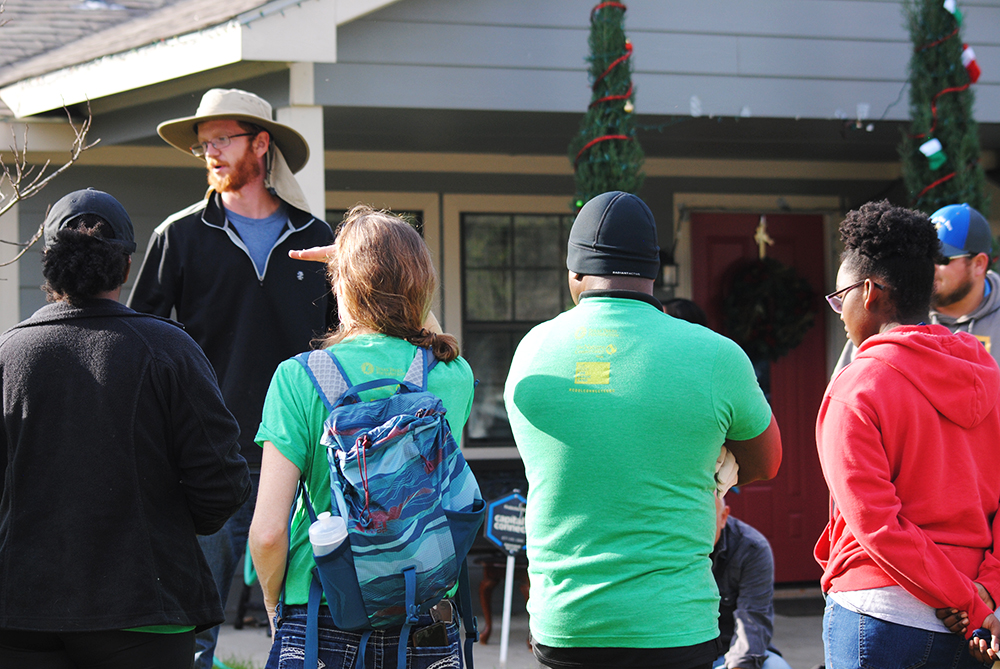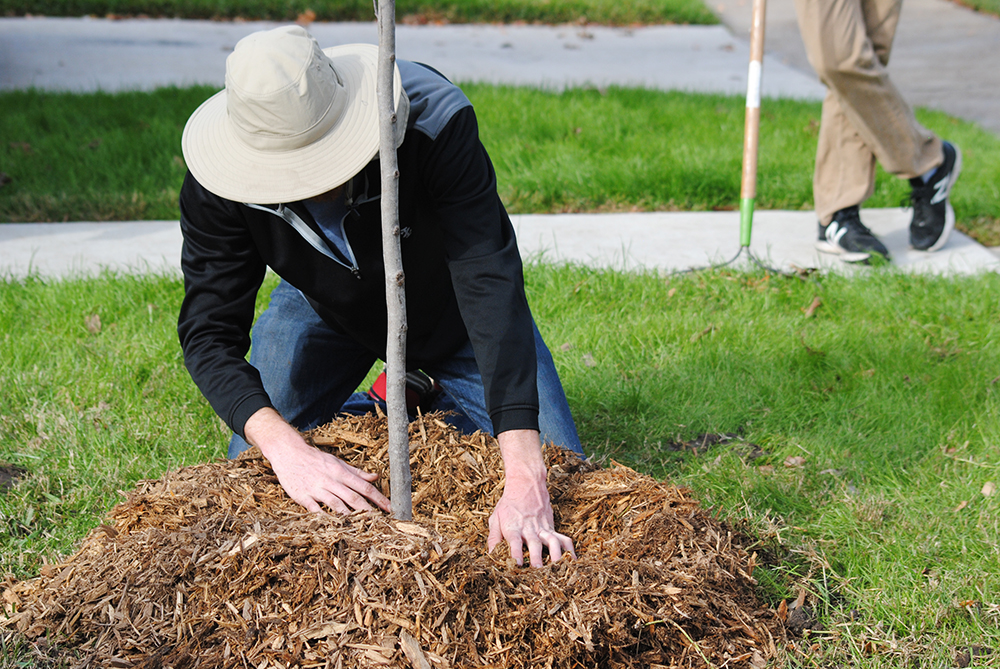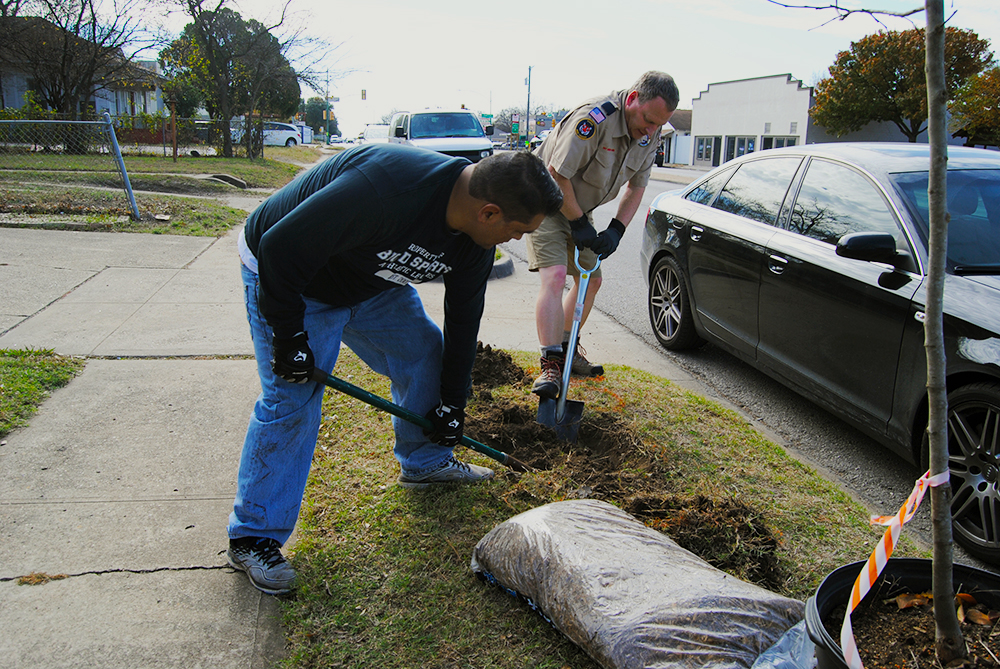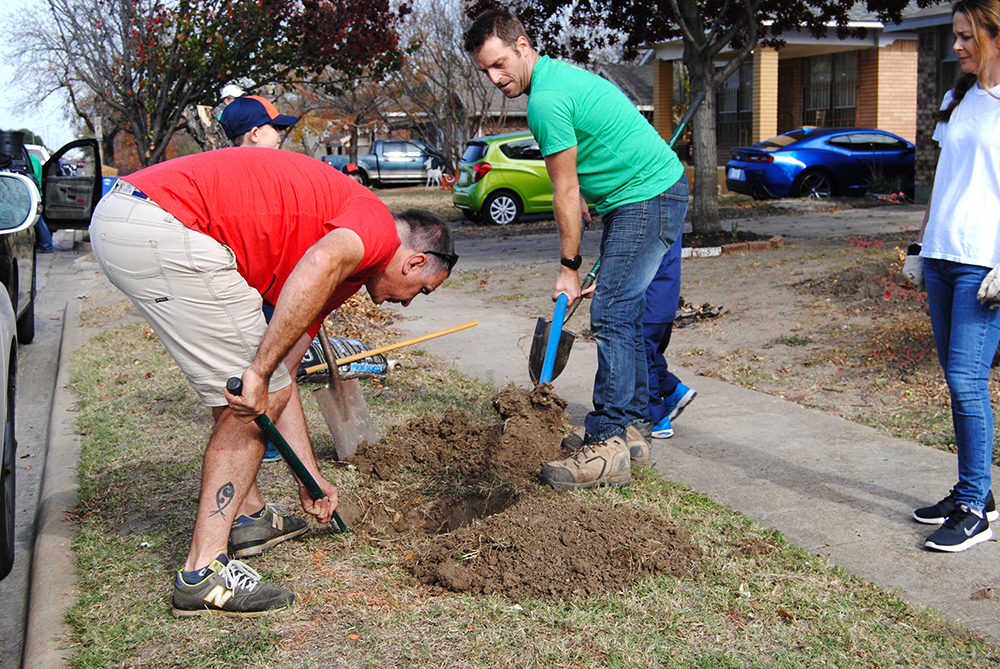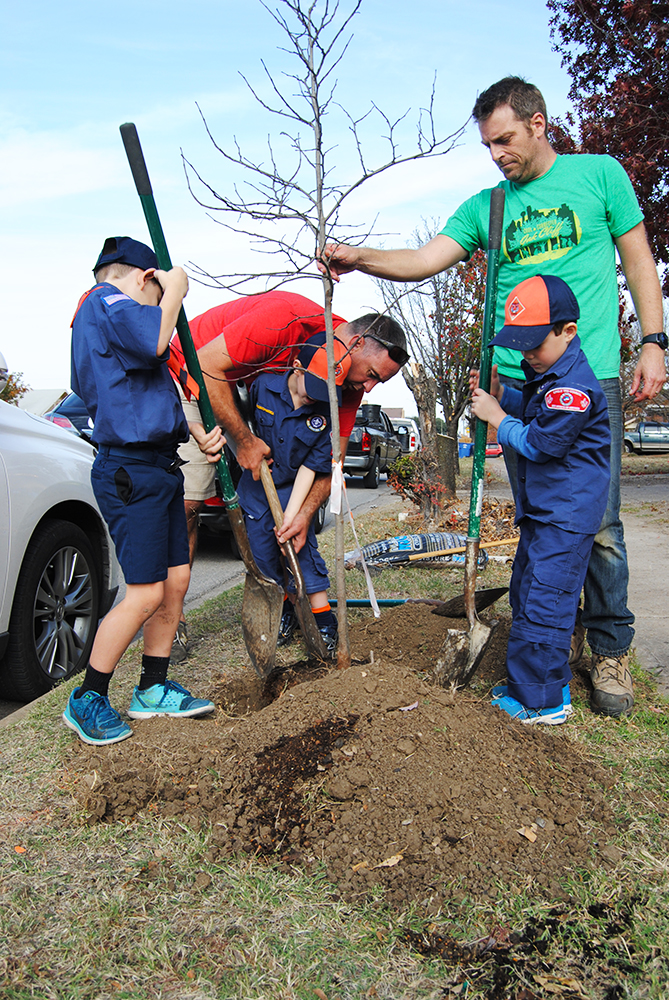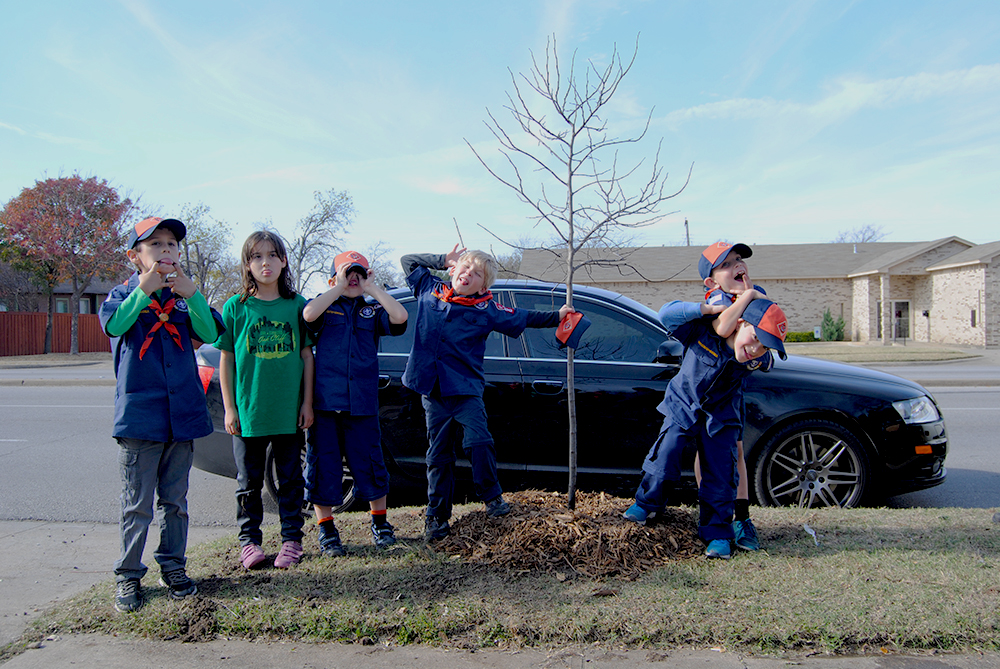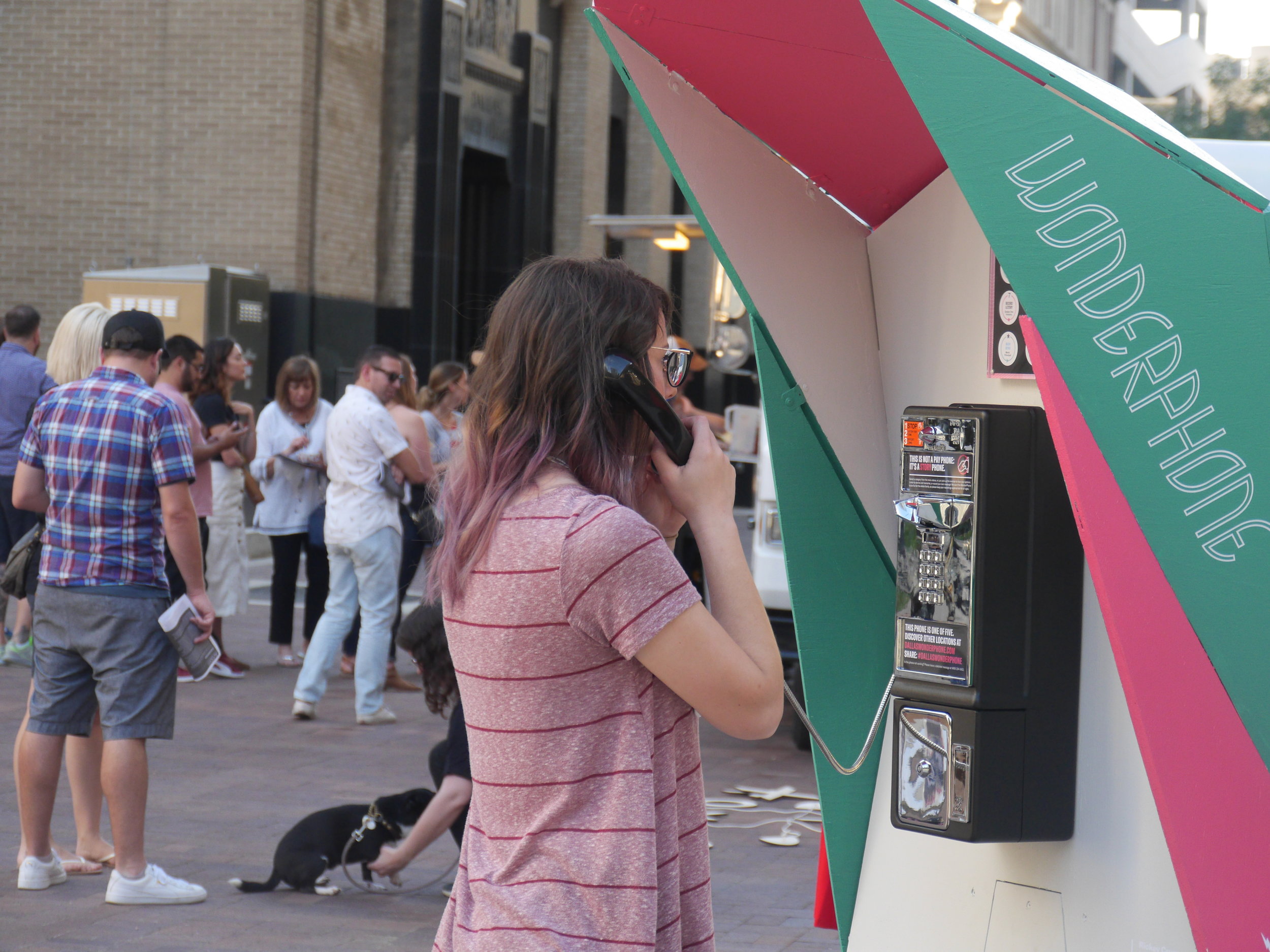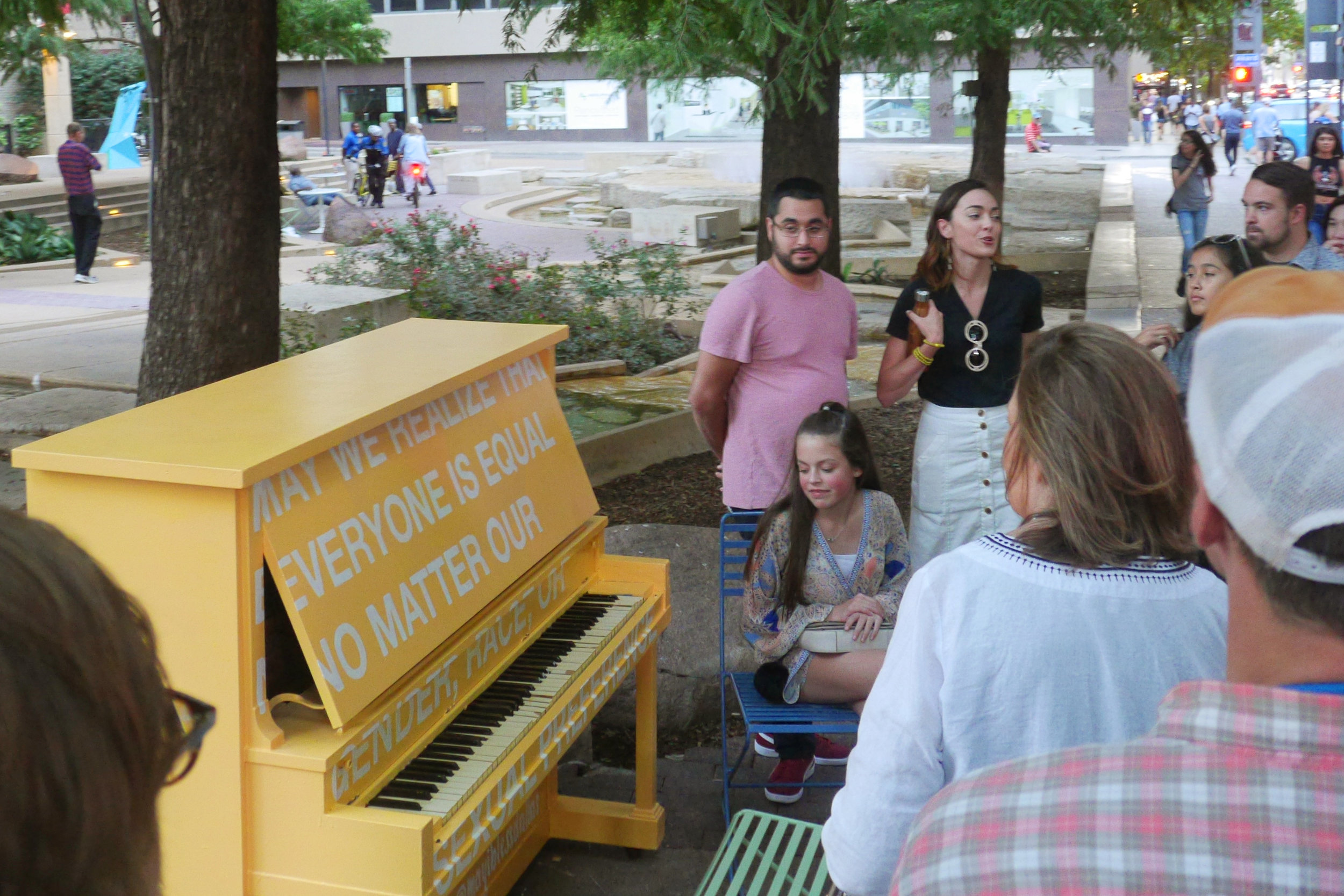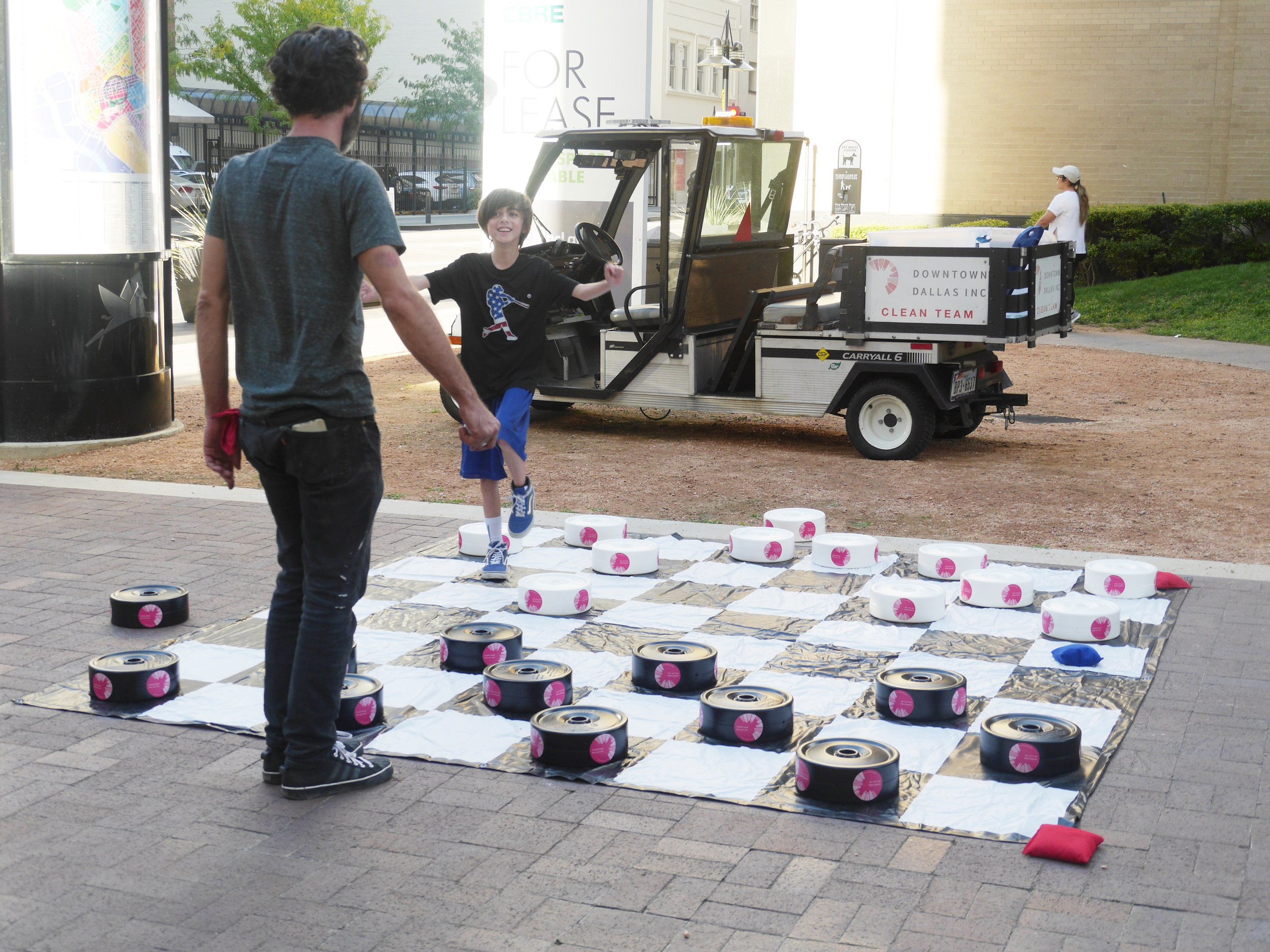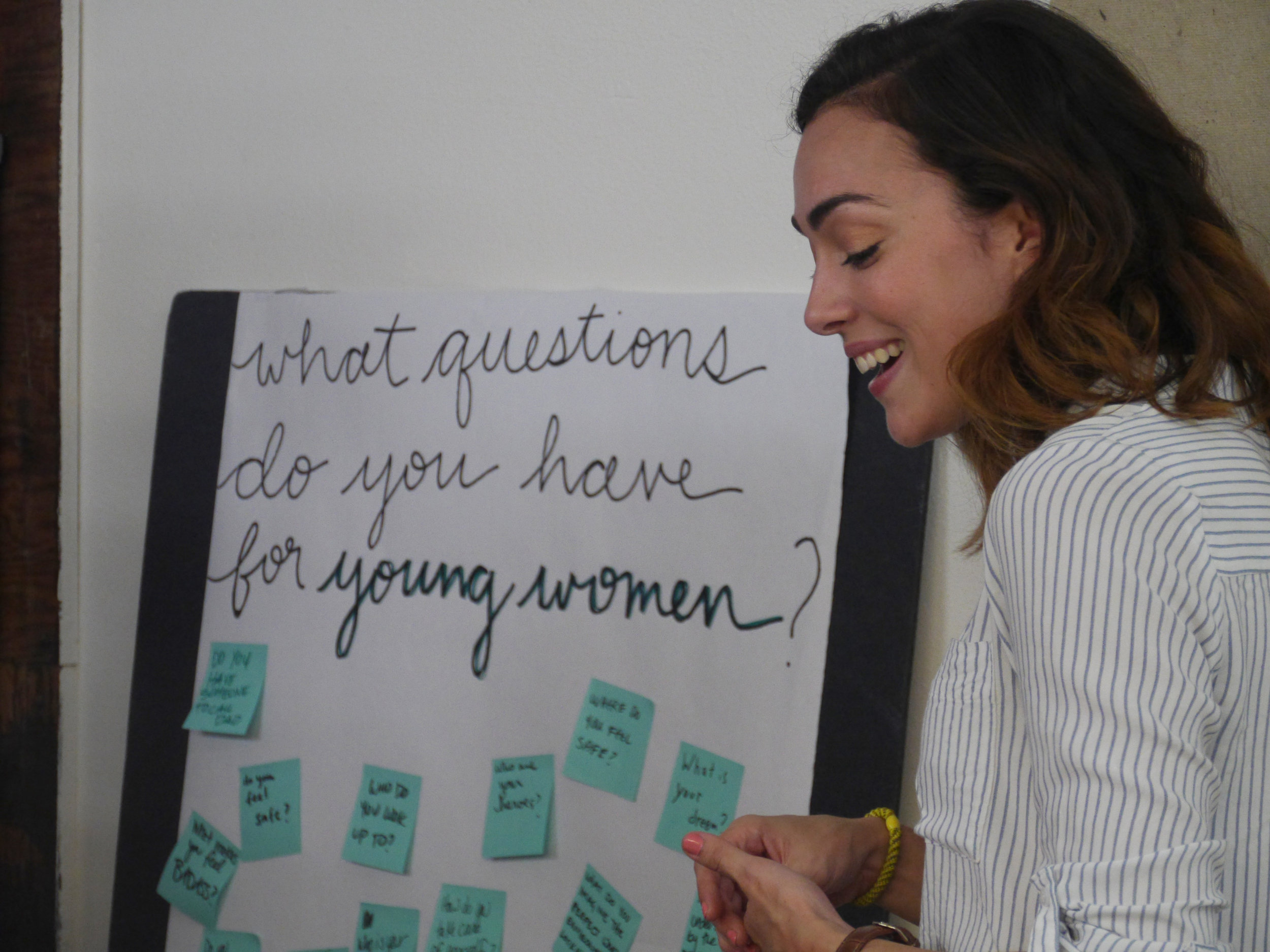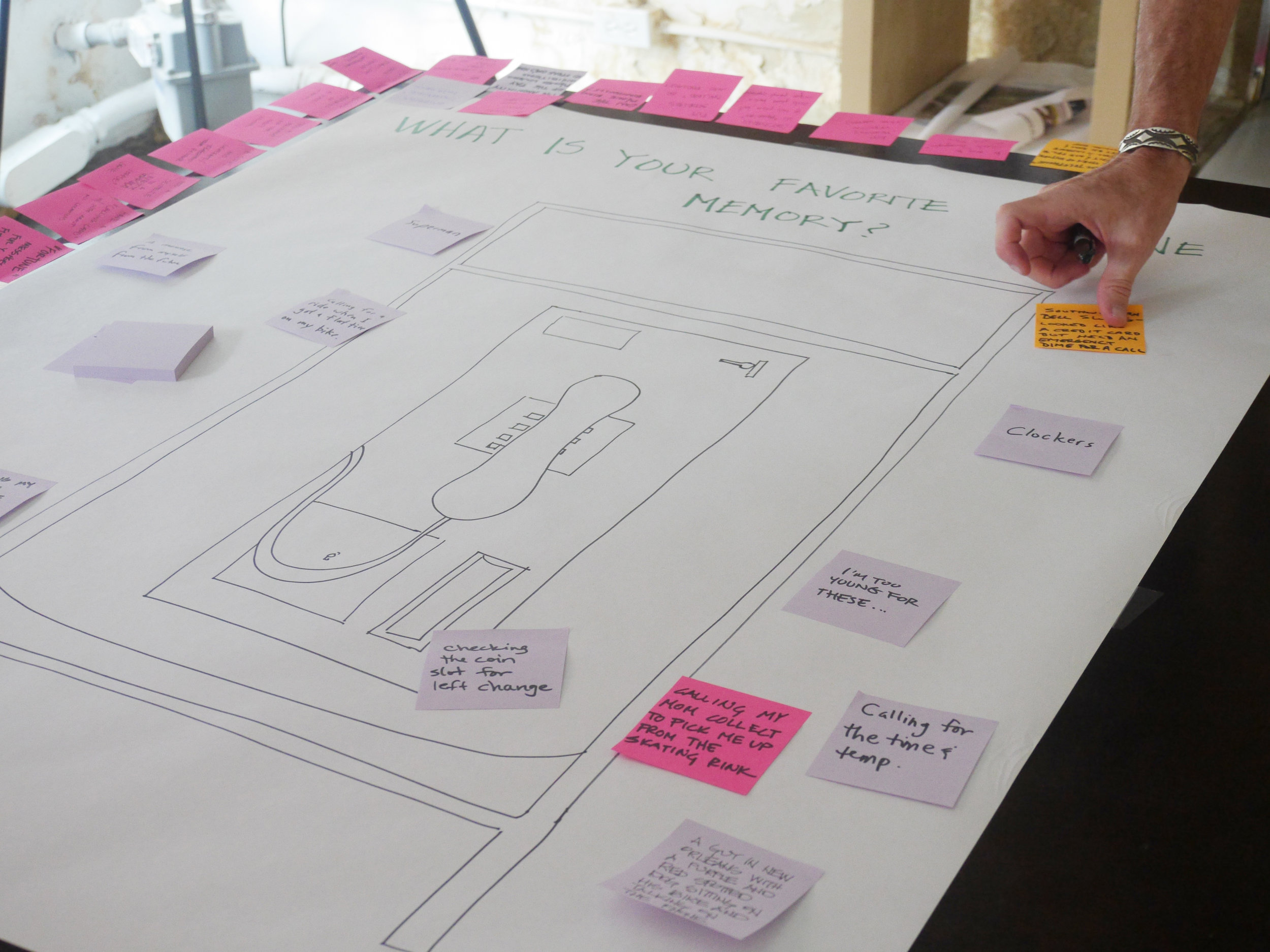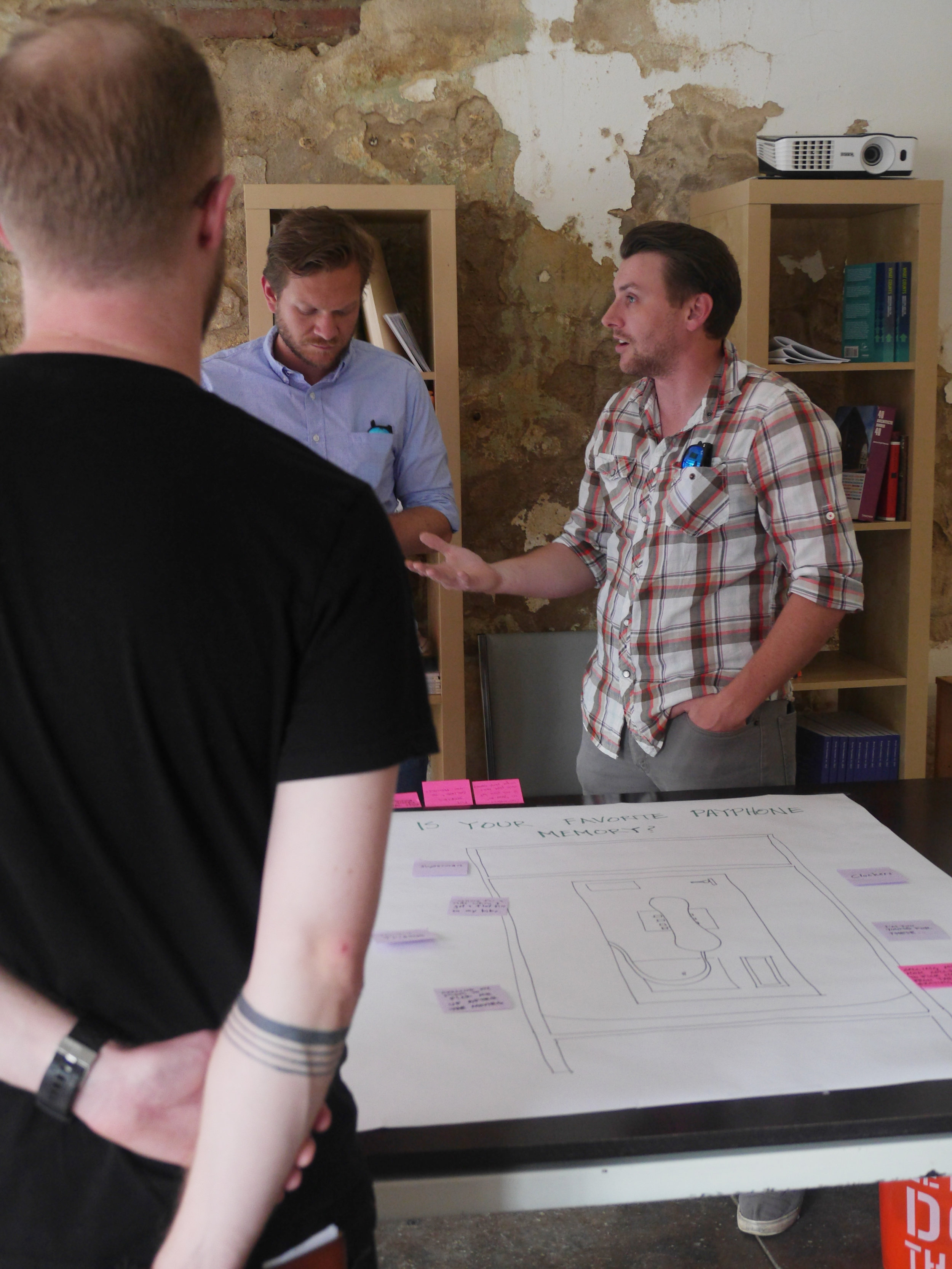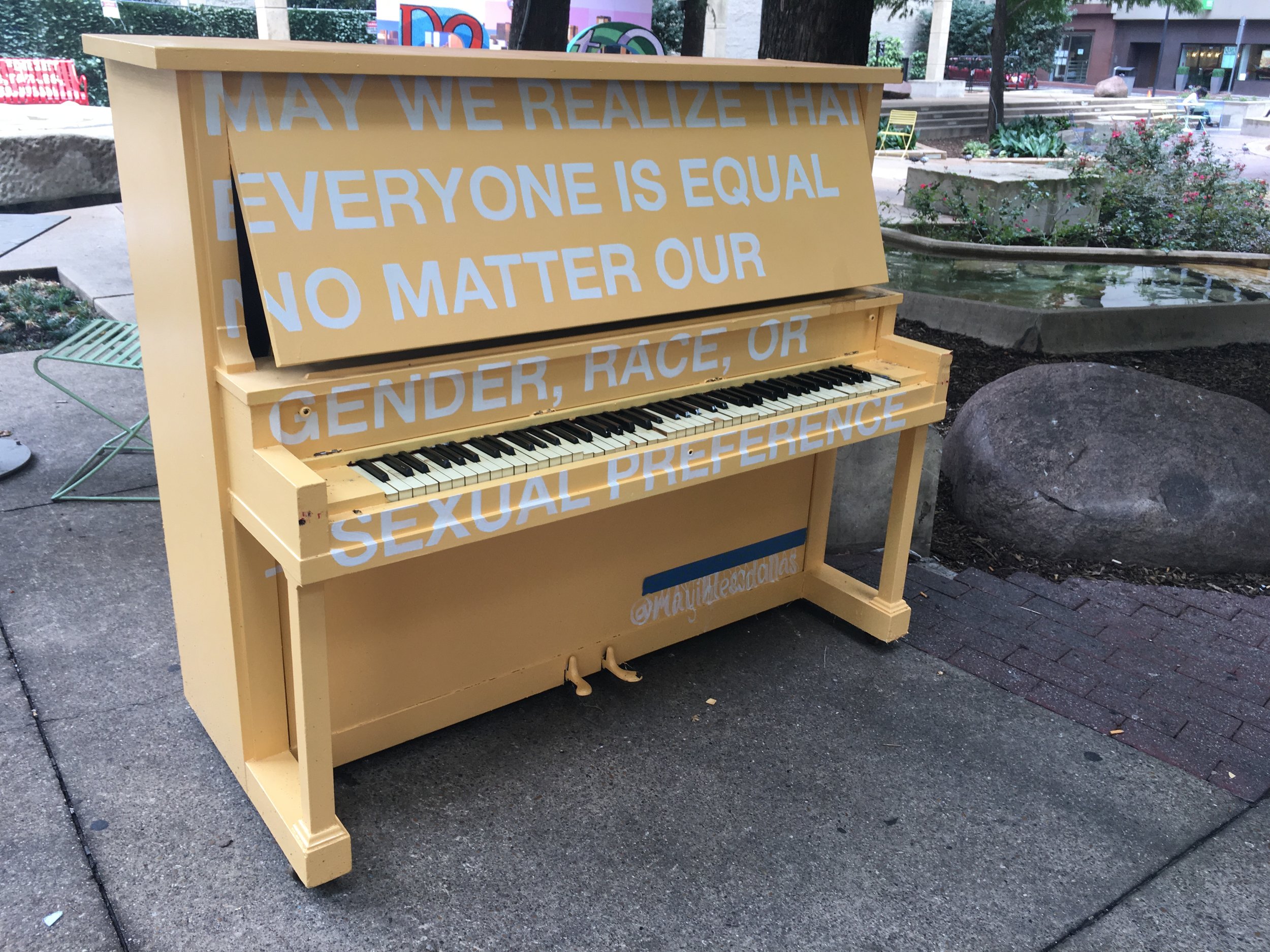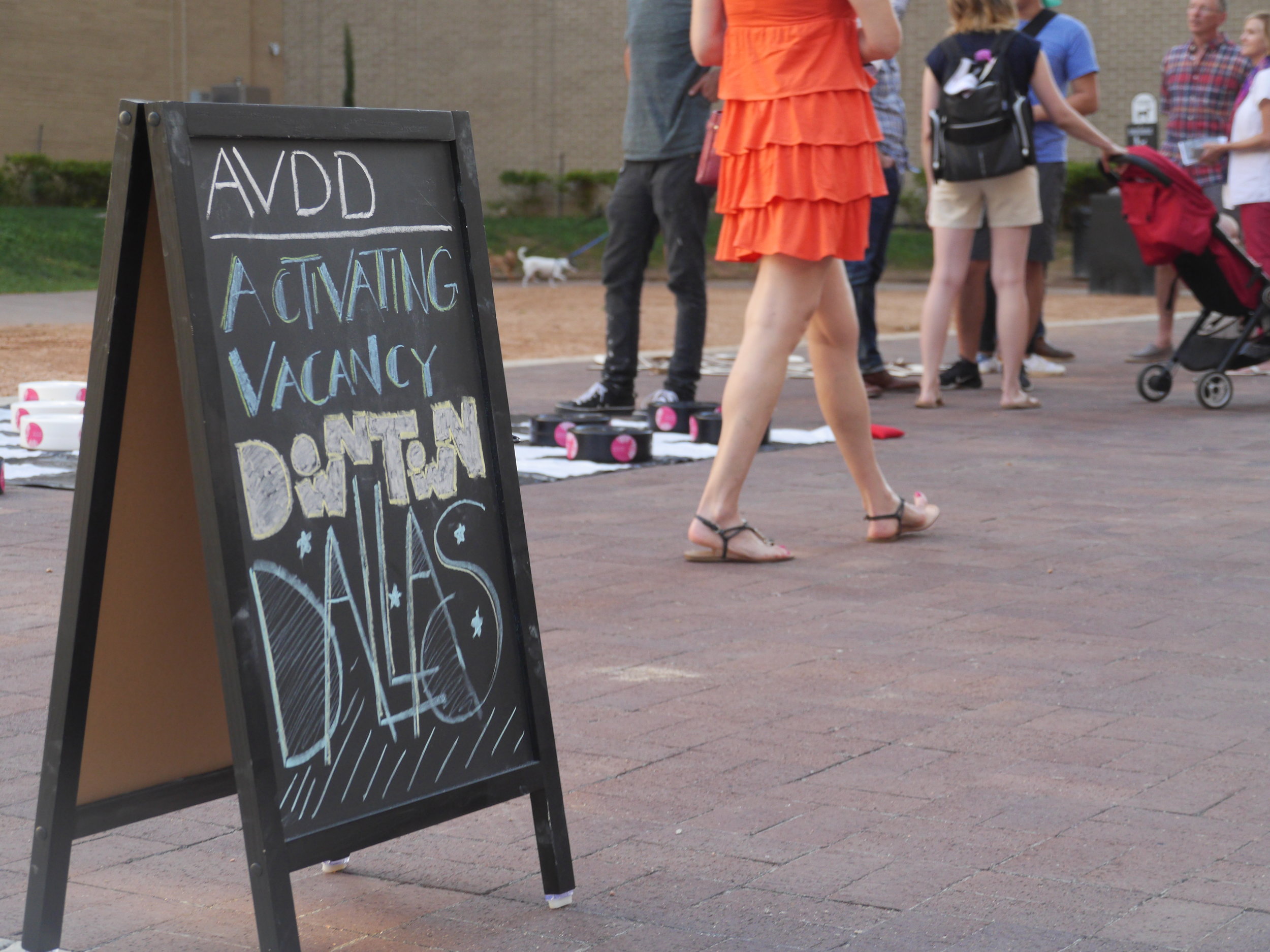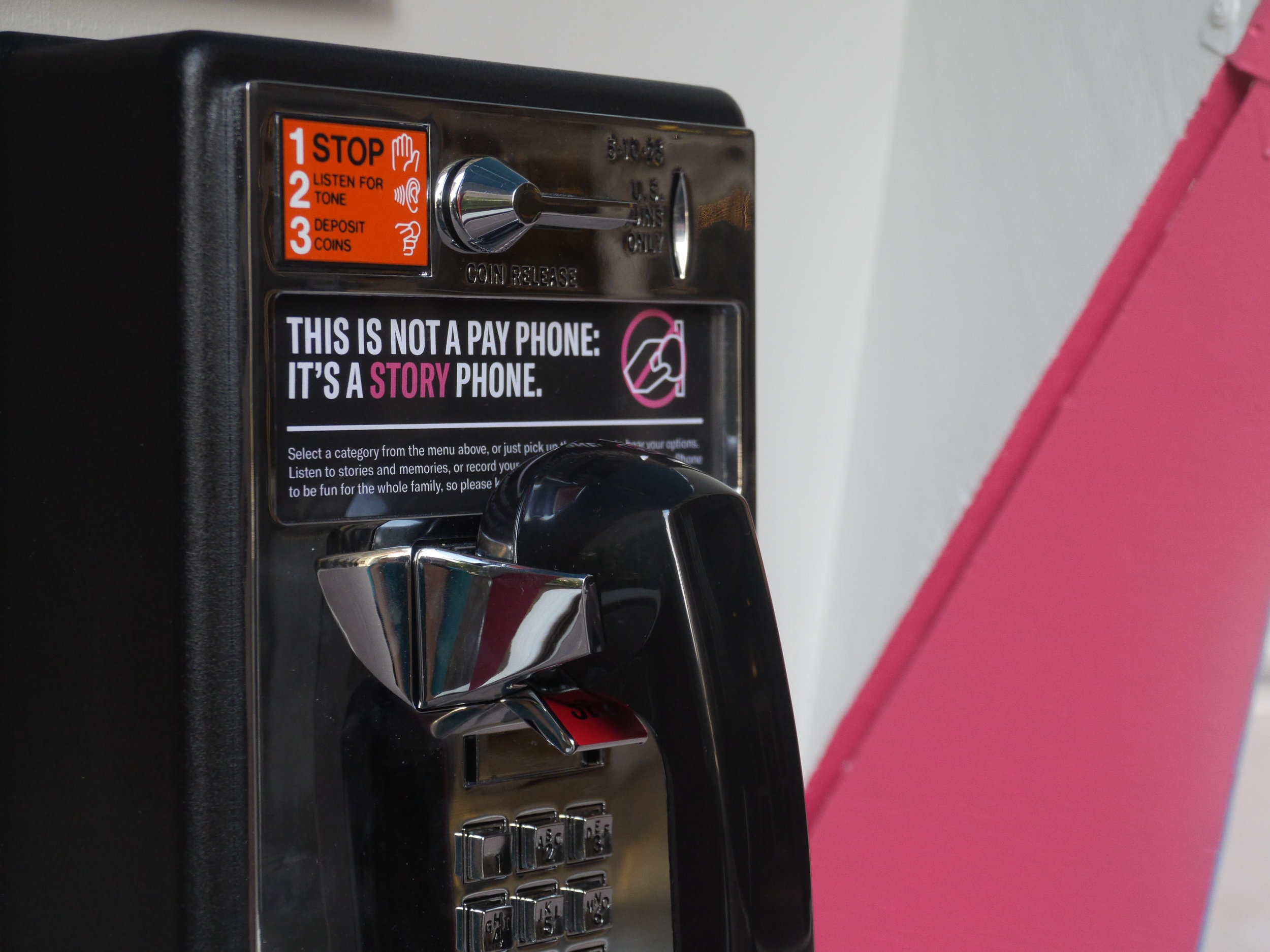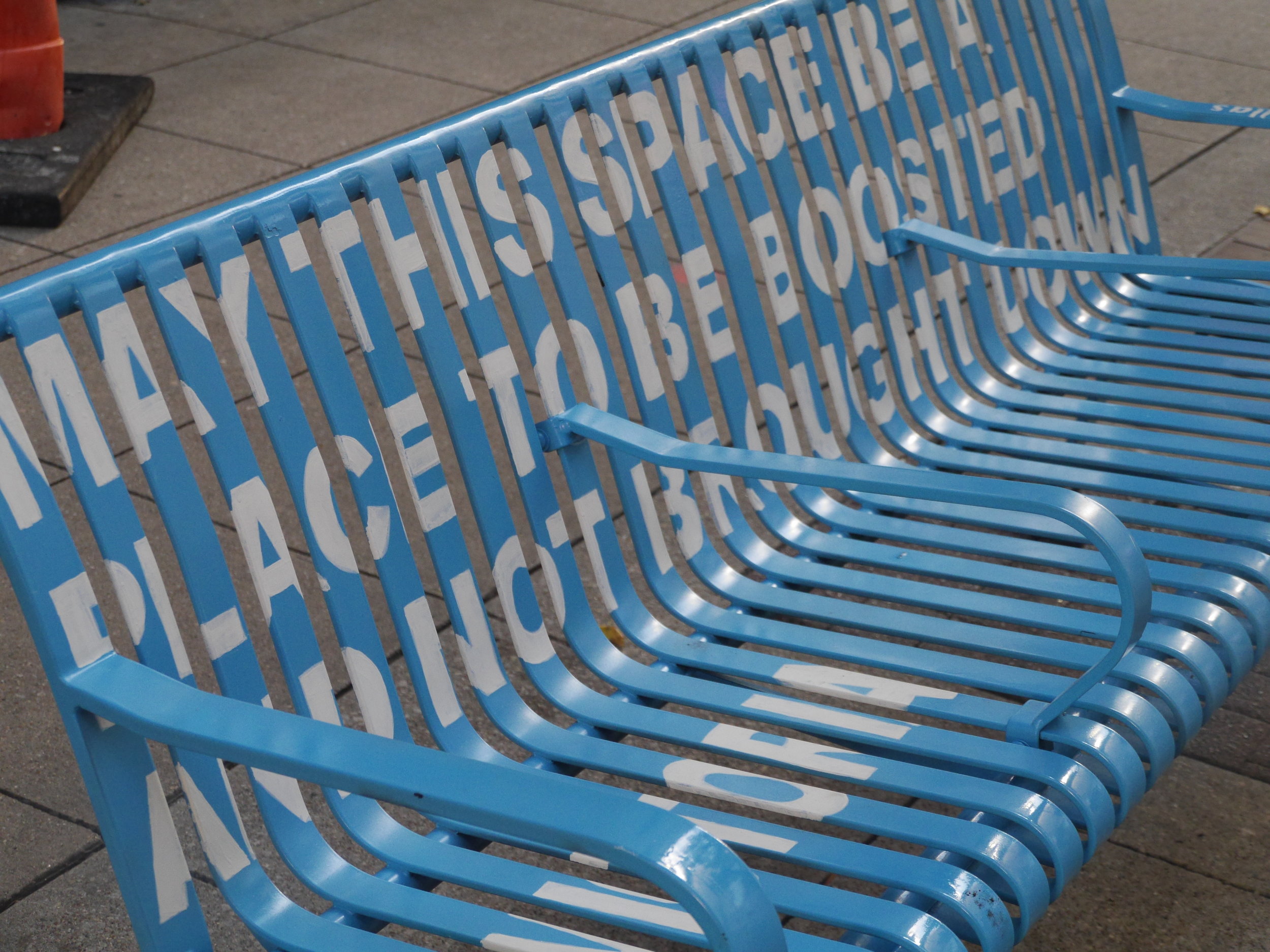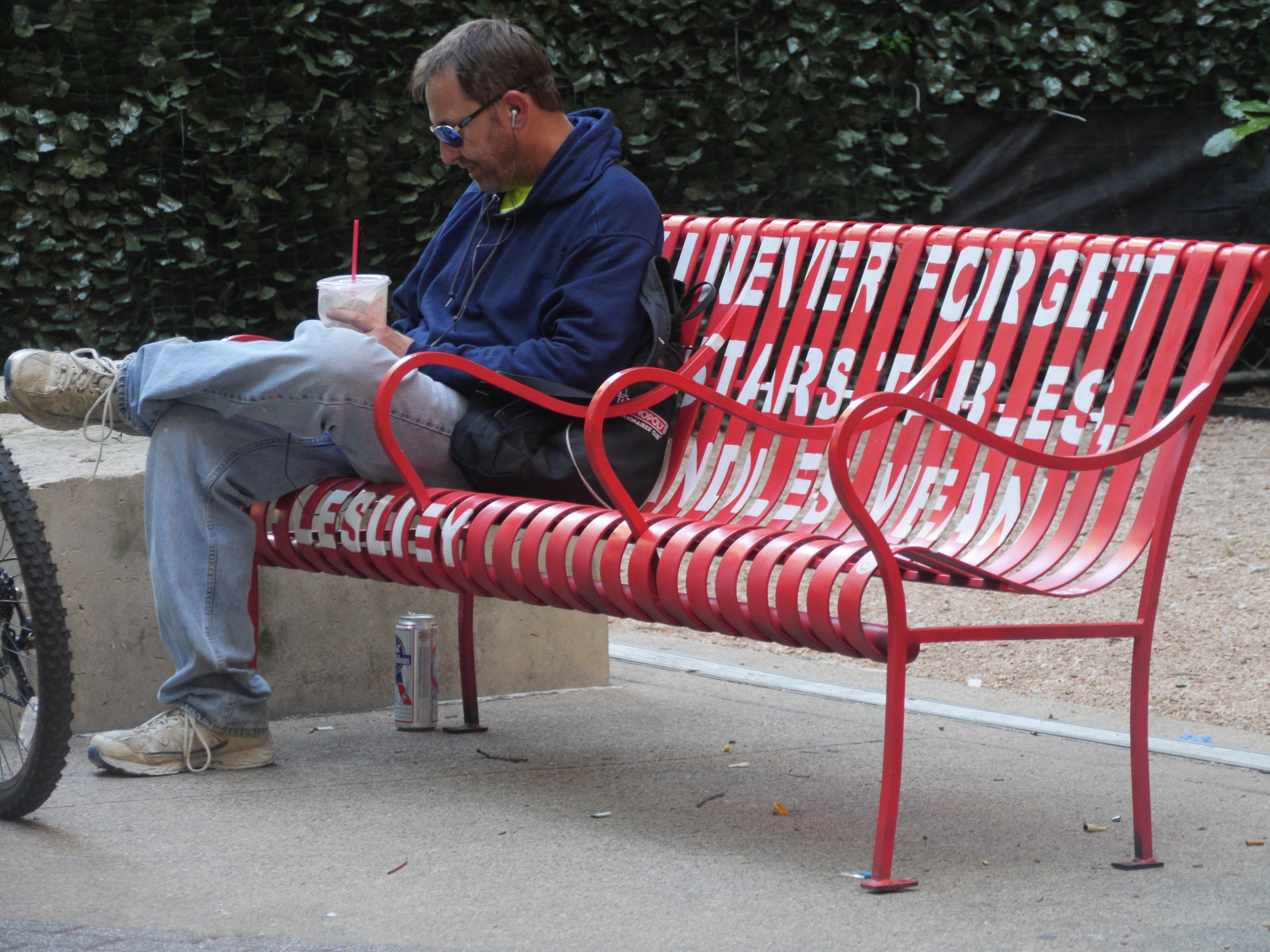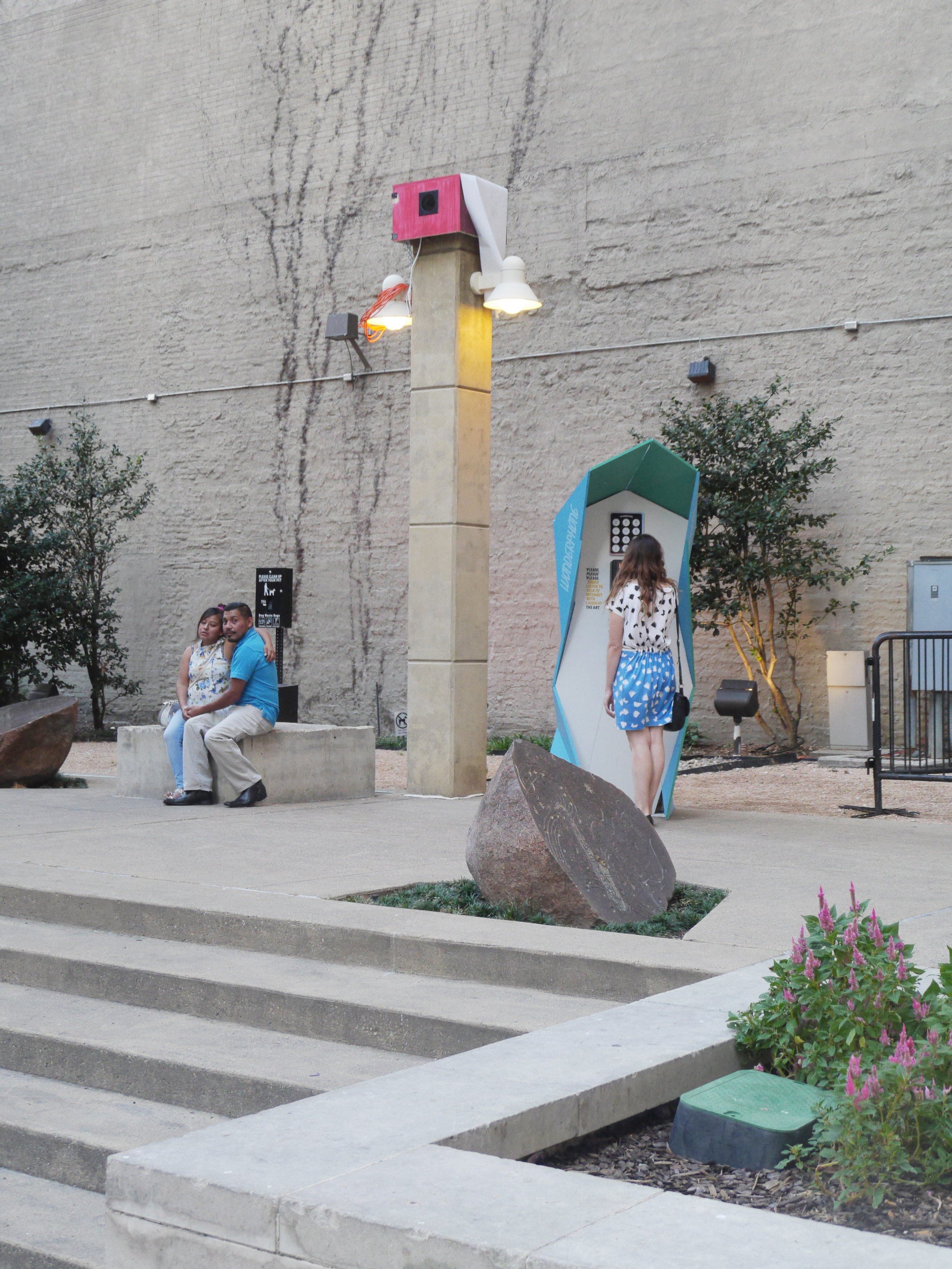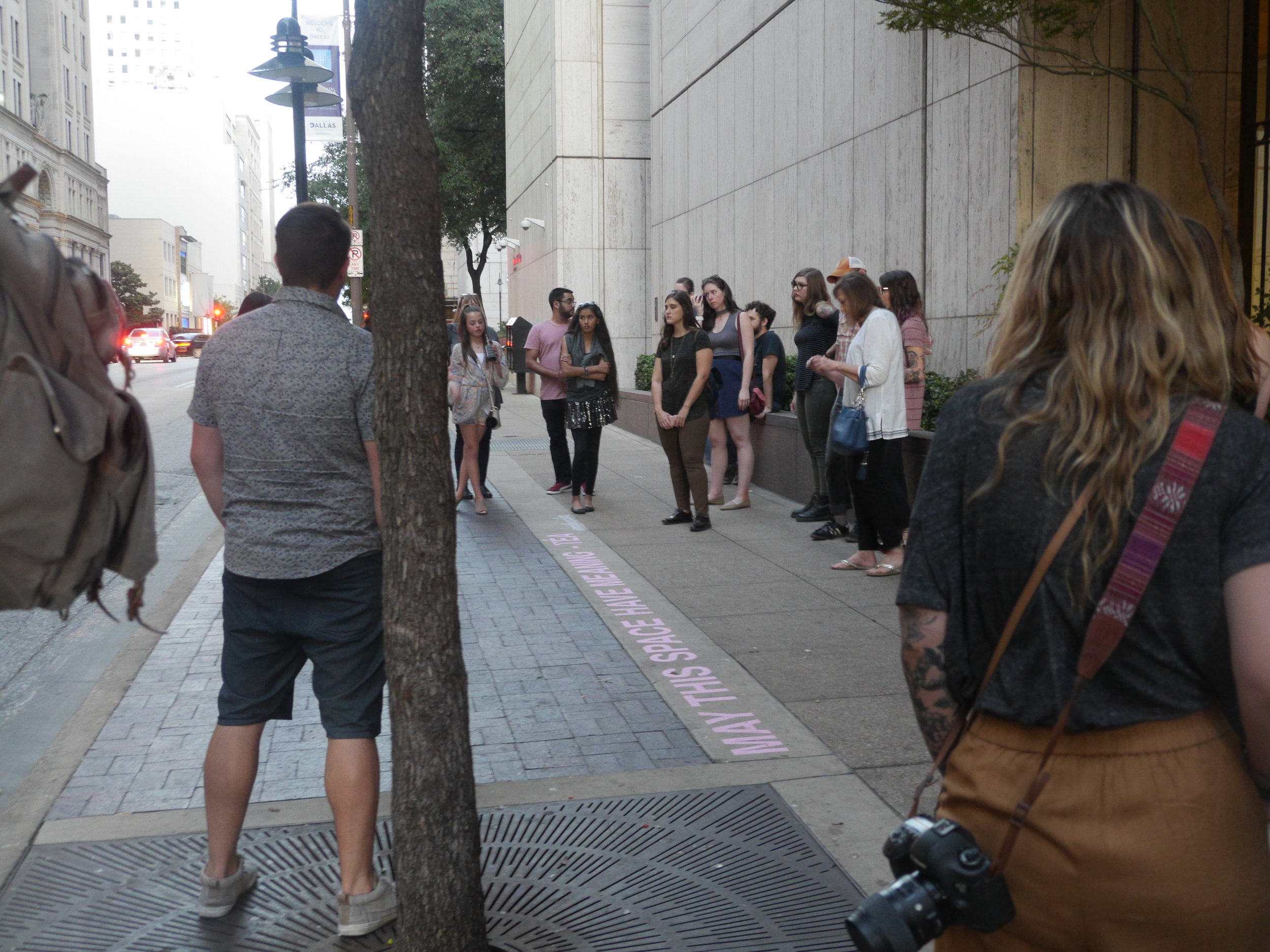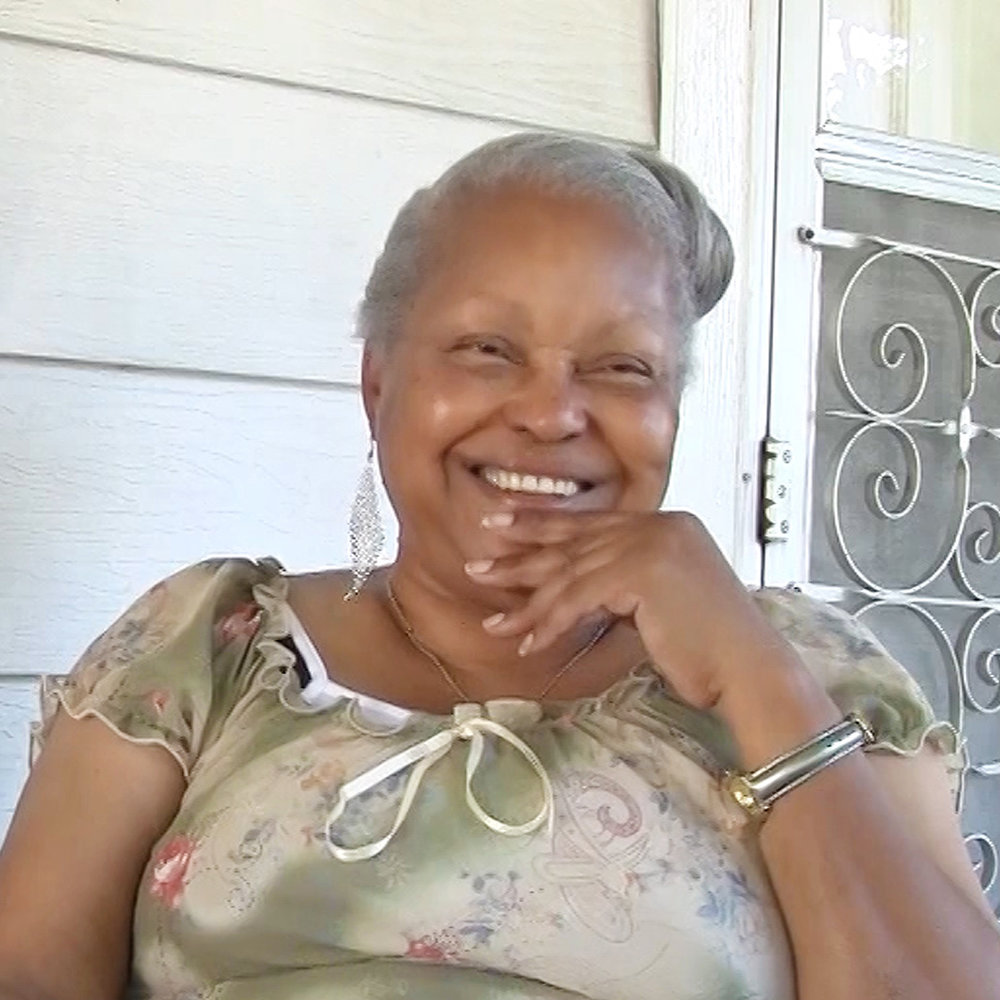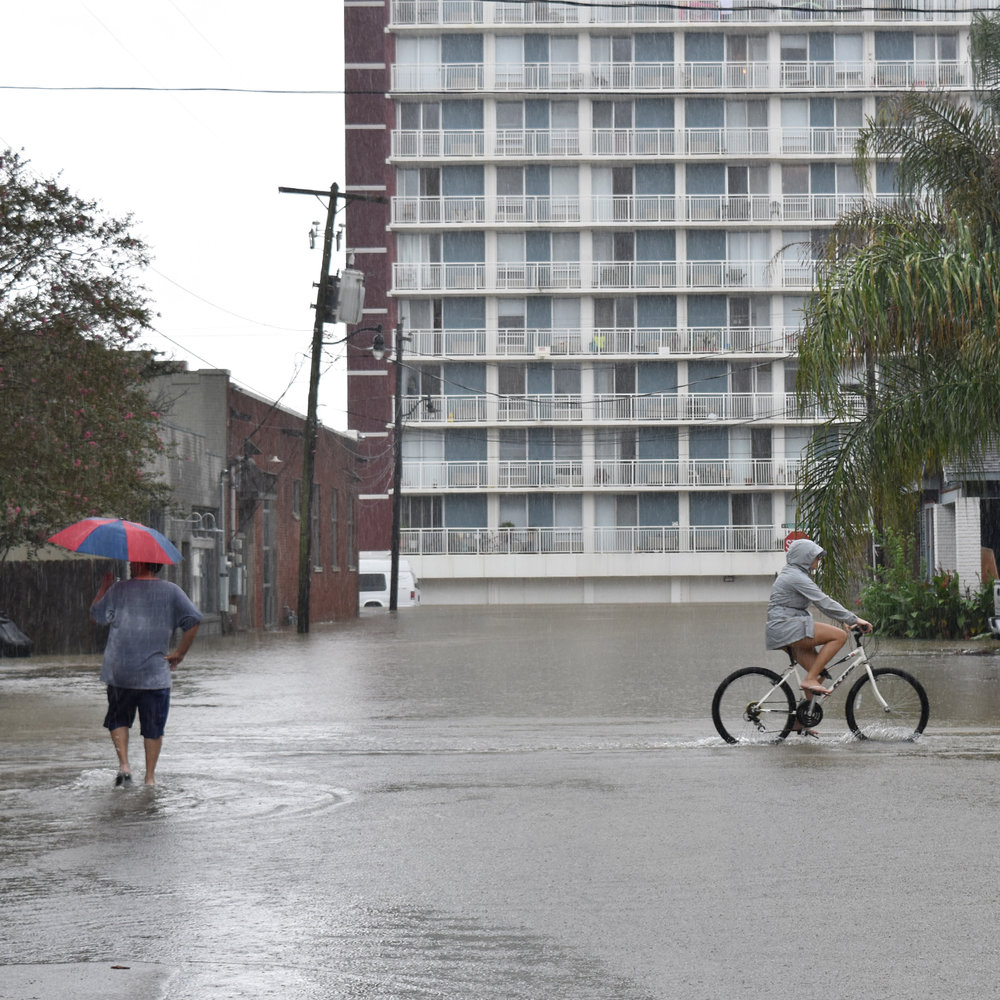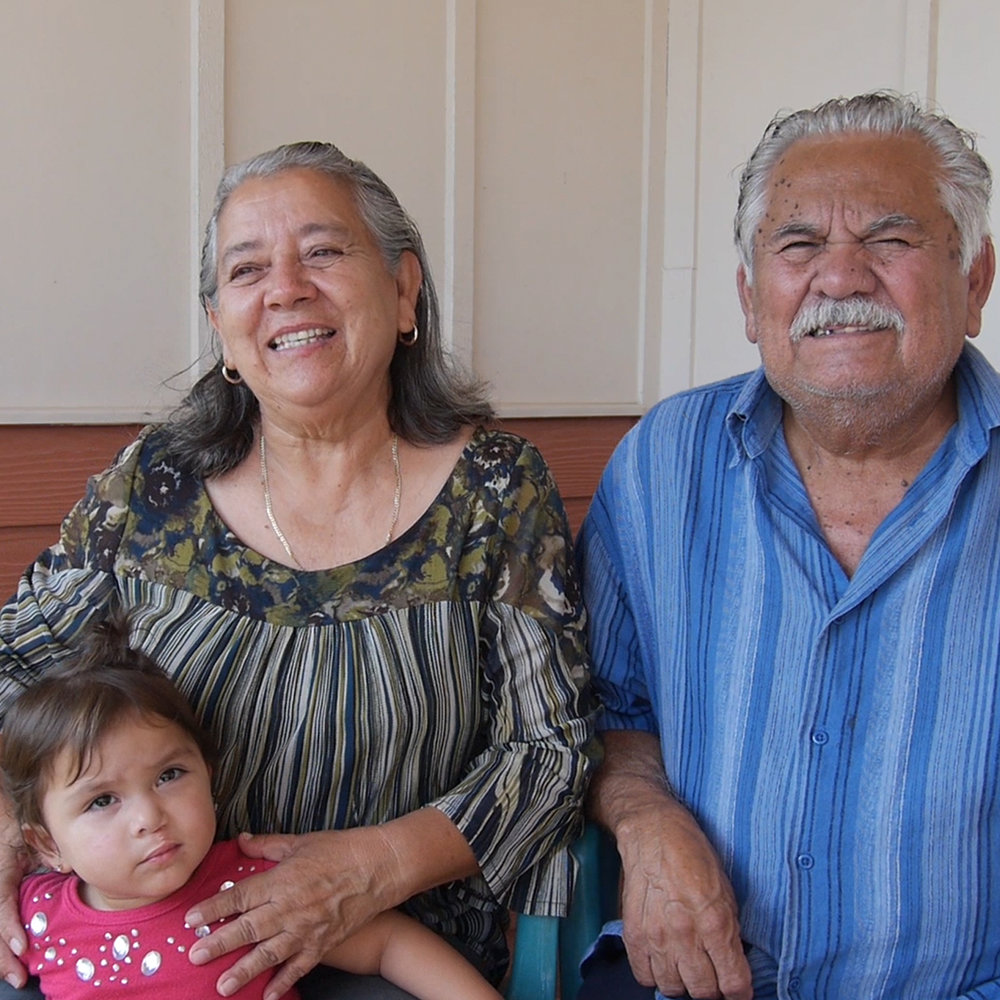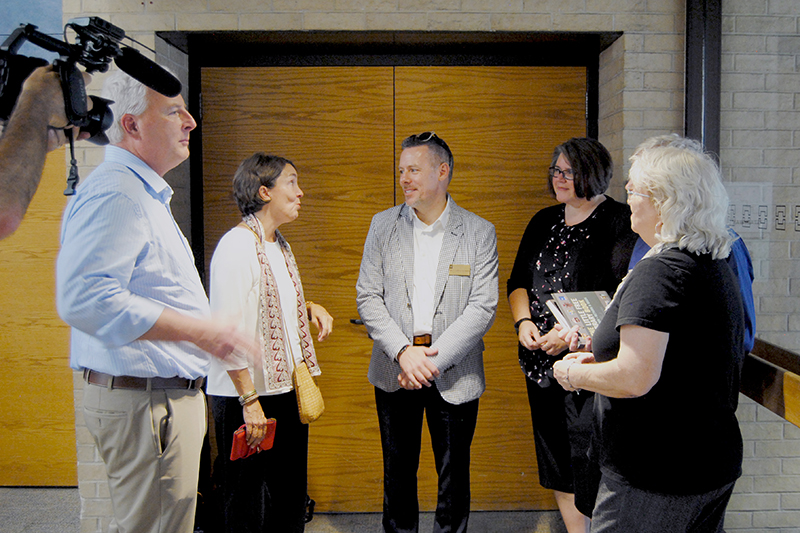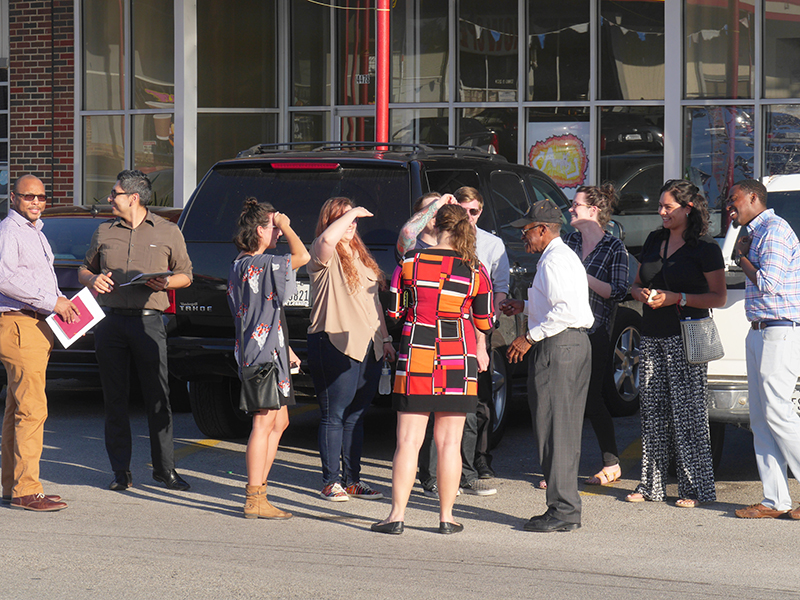Residents of North Texas Freedmen’s Towns will Document Community Histories
buildingcommunityWORKSHOP ([bc]) has been awarded a National Parks Service African American Civil Rights Grant to launch a new project focused on North Texas Freedmen’s Towns. The “Freedmen’s Towns Stories” project aims to support residents of Dallas’s historic Freedmen’s Towns and their descendants in telling the stories of the changes their communities faced during the Civil Rights Period through oral history, cross-generational interpretive storytelling, and text-based multimedia products.
[bc] has partnered with noted architectural historian Dr. Kathryn Holliday, Founding Director of the University of Texas at Arlington’s Dillon Center for Architecture, along with UTA College of Architecture, Planning, and Public Affairs students, and the Writer’s Garret, the first nonprofit literary center in North Texas, which has connected over 2 million writers, readers, and audience members over the past 23 years, to build local capacity through this endeavor. Over the course of the project, [bc] and its partners will train and provide support to residents in conducting historical research, navigating archives, historic storytelling in written and oral formats, and recordings oral histories.
“Since 2012, [bc] has worked with residents of the Tenth Street Historic District—a historic former Freedmen’s Town—to assist residents preserving and celebrating their community’s rich history. With this grant, we will further advance this important work, engaging communities and residents across the region,” says Thor Erickson, President & Managing Director of [bc].
As a community design center with expertise in translating technical information into an accessible graphic format, [bc] will create manuals that will aid additional urban North Texas Freedmen’s Towns in the task of historic storytelling. These resources, as well as the oral histories and written stories collected through the project, will be hosted in a new online repository, which will be built over the course of the project period. This website will establish a new online presence for urban North Texas Freedmen’s Towns’ collaborative efforts.
The project’s launch coincides with a timely need. As construction continues on the Southern Gateway project, which will bring a multimillion dollar deck park to the neighborhood, Dallas’s Tenth Street Historic District faces imminent redevelopment pressures.
Several historic structures recently received demolition orders as residents have witnessed steadily increasing outside interest in neighborhood real estate. These events have catalyzed a number of local conversations about historic preservation, equity, and their intersection.
Freedmen’s Towns Stories will build resident capacity to preserve the local histories of these oft-overlooked communities. By training residents to undertake these efforts, the project will further equip the many residents who are dedicated to this endeavor.
Disclaimer:
Partially funded by the African American Civil Rights program of the Historic Preservation Fund, National Park Service, Department of the Interior. Any opinions, finding, and conclusions or recommendations expressed in this material do not constitute endorsement or necessarily reflect the view of the Department of the Interior.
About [bc]:
The buildingcommunityWORKSHOP is a Texas based nonprofit community design center seeking to improve the livability and viability of communities through the practice of thoughtful design and making. We enrich the lives of citizens by bringing design thinking to areas of our cities where resources are most scarce. To do so, [bc] recognizes that it must first understand the social, economic, and environmental issues facing a community before beginning work. (www.bcworkshop.org)
![[bc]](http://images.squarespace-cdn.com/content/v1/5248ebd5e4b0240948a6ceff/1412268209242-TTW0GOFNZPDW9PV7QFXD/bcW_square+big.jpg?format=1000w)



